Table of contents
Why Understanding AC and Heat Pump Systems Matters for Your Home
Choosing between an AC and heat pump is a key decision for your home's comfort and energy costs. Here's what you need to know:
Key Differences:
- Air conditioners only provide cooling and require a separate heating system
- Heat pumps provide both heating and cooling in one system
- Energy efficiency: Heat pumps move heat rather than create it, making them 2-5 times more efficient than traditional heating
- Cost impact: Heat pumps can reduce heating emissions by 45-70% compared to gas furnaces
With rising temperatures, efficient cooling is critical. What many Birmingham homeowners don't realize is that the same system that cools your home in summer can also heat it more efficiently than a traditional furnace.
Heat pumps are essentially air conditioners with a special component called a reversing valve that allows them to work in both directions. In summer, they remove heat from your home just like an AC. In winter, they extract heat from outdoor air—even when it's cold—and pump it inside.
This dual functionality provides year-round comfort from one efficient system. Modern heat pumps work in temperatures as low as -15°F, making them ideal for Birmingham's mild winters without needing backup heat.
For homeowners tired of managing two separate systems, understanding how a heat pump can replace both is the first step toward better comfort and lower energy bills.
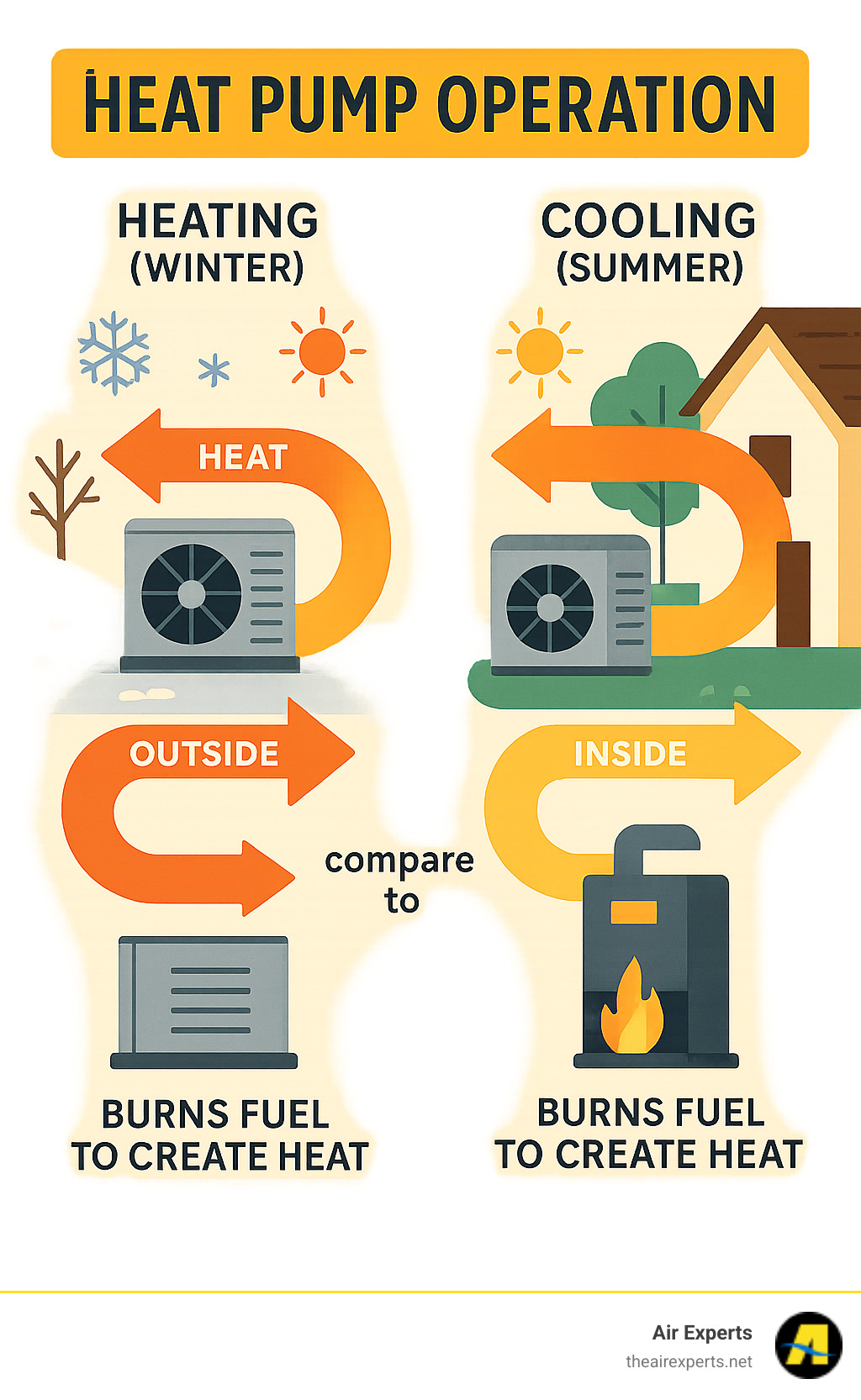
AC and Heat Pump: A Tale of Two Technologies
When you look at your outdoor HVAC unit, it probably looks identical to your neighbor's. That's because AC and heat pump systems share the same basic DNA for cooling. Both work tirelessly through sweltering Birmingham summers, and you can't tell them apart just by watching them run.
The key difference is hidden inside. While they are twins for cooling, only the heat pump has a special trick for heating.
How Both Systems Cool Your Home
Whether you have a traditional air conditioner or a heat pump, the cooling process is identical. Both systems use the refrigerant cycle to carry heat from inside your home to the outdoors.
The process starts at the indoor evaporator coil. As warm air passes over it, cold refrigerant inside absorbs the heat, turning into a gas. This also dehumidifies the air, making your home feel less sticky.
Next, the outdoor compressor pressurizes the refrigerant gas, making it hot. The hot gas moves to the outdoor condenser coil, where it releases the heat collected from your home and turns back into a liquid.
Finally, an expansion valve cools the liquid refrigerant before it returns inside to repeat the cycle of heat absorption and heat transfer. From a cooling standpoint, there's virtually no difference between an AC and heat pump. They use the same components and deliver the same refreshing results.
The Reversing Valve: A Heat Pump's Secret for Efficient Heating
While a traditional AC only moves heat out of your house, a heat pump has a secret weapon: the reversing valve.
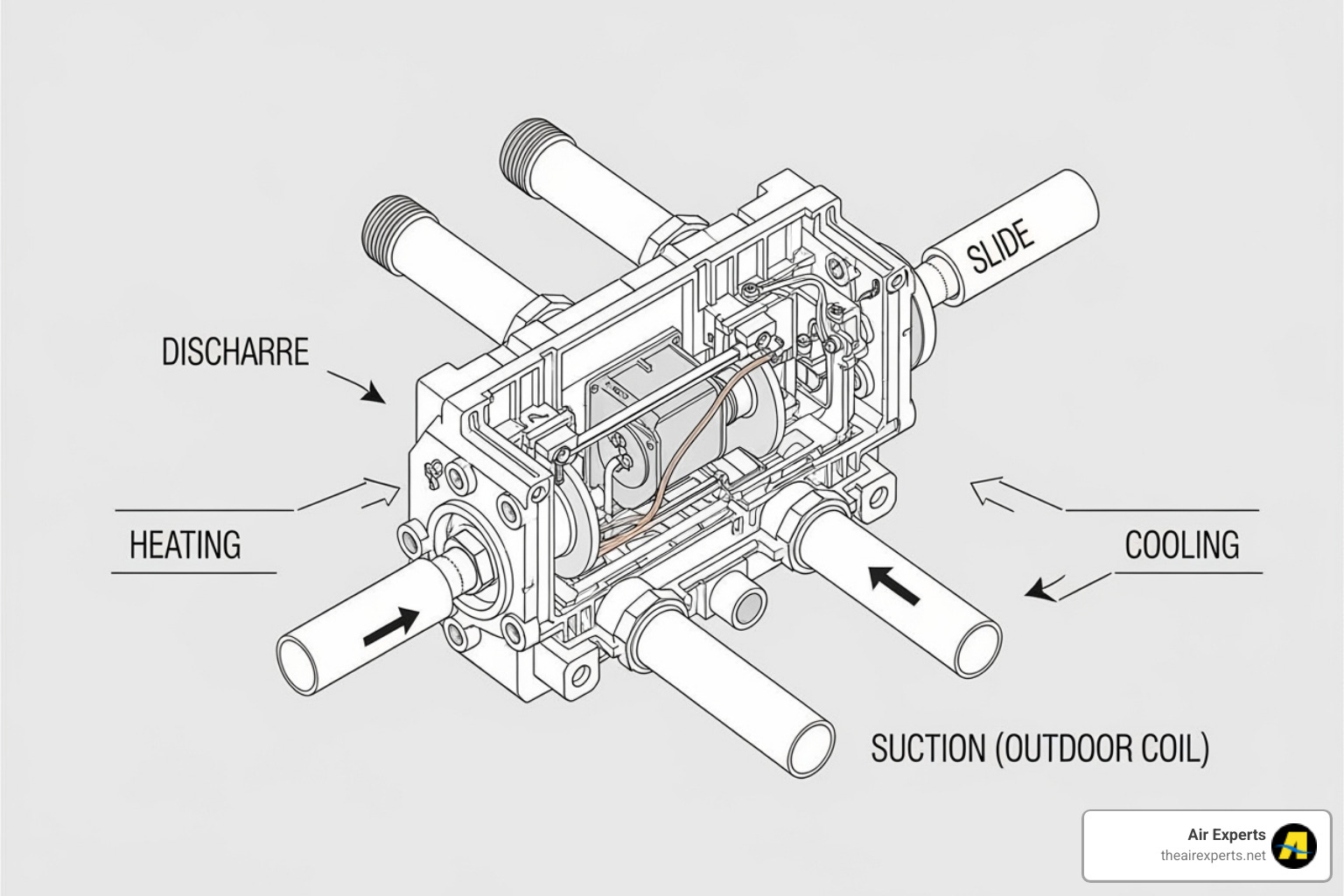
This component reverses the refrigerant flow, switching the system from cooling mode to heating mode.
In heating mode, the outdoor coil becomes the evaporator, extracting heat from cold air. Even at 30°F, there is enough heat energy for the refrigerant to absorb. Meanwhile, the indoor coil becomes the condenser, releasing the captured heat into your home. This turns the heat pump into a two-in-one system for both cooling and heating.
This reversing valve function is what makes heat pumps so efficient. They move existing heat rather than creating it by burning fuel, which requires far less energy. The result is year-round climate control from a single system that's far more efficient than traditional heating methods, especially in Birmingham's mild winters.
Decoding Efficiency and Environmental Impact
When comparing an AC and heat pump, the efficiency ratings on the EnergyGuide sticker directly impact your wallet and the planet. Understanding them helps you save money and reduce your environmental footprint.
Understanding SEER, HSPF, and Your Utility Bills
Efficiency ratings are like MPG for your car; they show how much comfort you get for each dollar spent on electricity, making it easy to compare systems and predict costs.
SEER (Seasonal Energy Efficiency Ratio) measures cooling efficiency over a summer. Higher SEER numbers mean lower electricity use. Today's systems range from the minimum of 14 SEER to over 42 SEER.
EER (Energy Efficiency Ratio) is a snapshot of performance at peak conditions (95°F), telling you how the system handles extreme heat waves.
For heat pumps, HSPF (Heating Seasonal Performance Factor) measures heating efficiency over a winter. Like SEER, a higher HSPF means lower heating bills, with modern pumps reaching up to 13.2.
These numbers matter because heat pumps move heat instead of burning fuel to create it. This makes them 2-5 times more efficient than traditional heating, a difference you'll see on your monthly utility bill.
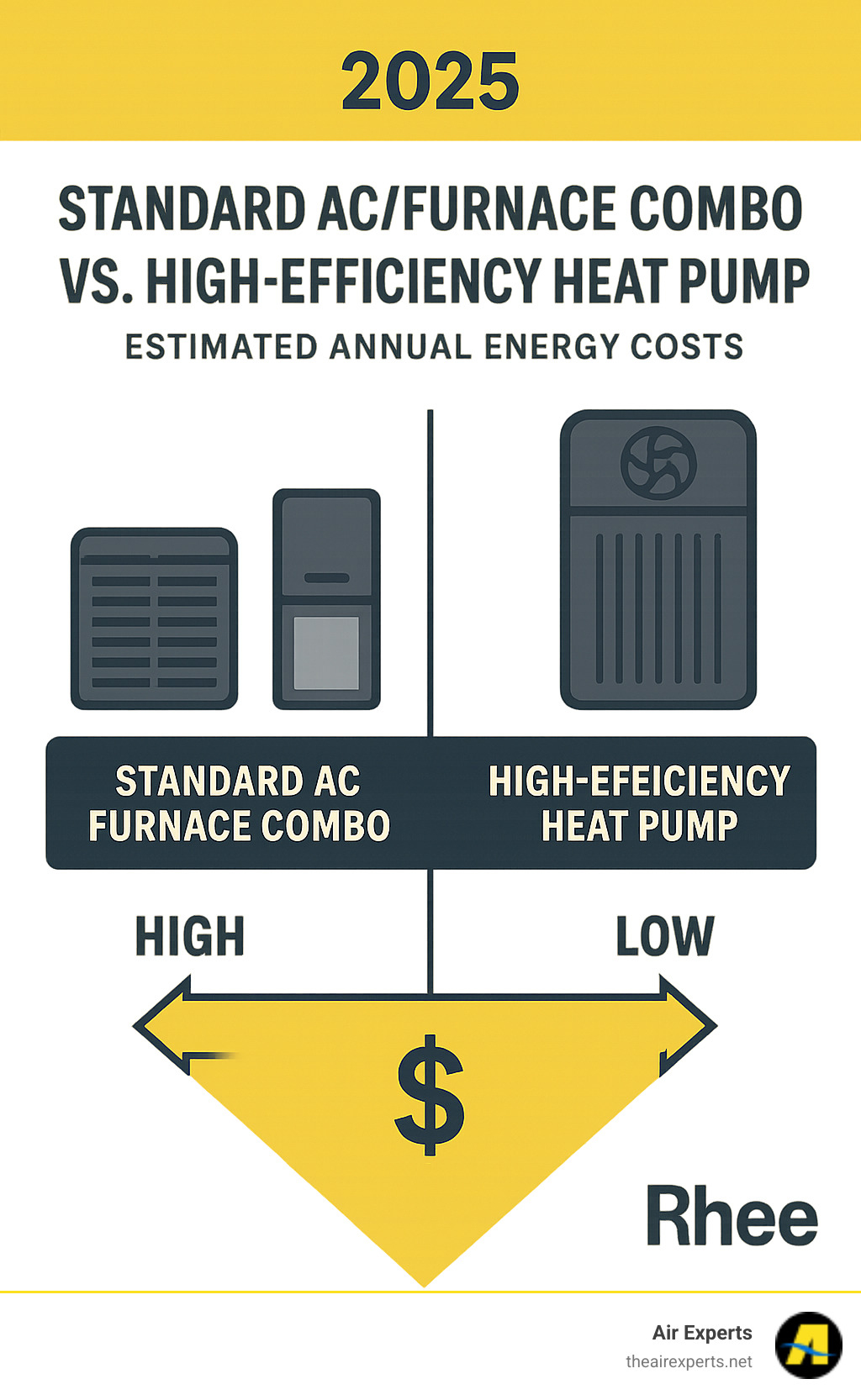
| System Type | Cooling Efficiency (SEER) | Heating Efficiency (HSPF/AFUE) | Operational Cost (Conceptual) | Energy Savings Potential |
|---|---|---|---|---|
| Standard AC + Gas Furnace | Standard (e.g., 14 SEER) | Standard (e.g., 80% AFUE) | Moderate to High | Moderate |
| High-Efficiency AC + Gas Furnace | High (e.g., 18+ SEER) | High (e.g., 95%+ AFUE) | Moderate | Good |
| High-Efficiency Heat Pump | High (e.g., 18+ SEER) | High (e.g., 9+ HSPF) | Low to Moderate | Excellent |
As you can see, a high-efficiency AC and heat pump system typically offers the lowest operational costs and best energy savings potential over time.
The Power of Inverter Technology
Beyond basic ratings, inverter technology makes modern heat pumps even smarter, eliminating the uncomfortable temperature swings common with older systems. Traditional systems are either on at 100% capacity or completely off. This constant on-off cycling wastes energy.
Inverter technology allows the variable-speed compressor to act like a dimmer switch, ramping up or down to precisely match your home's needs. It might run at 30% capacity on a mild day or 80% in extreme weather.
This intelligent operation delivers consistent temperature and reduced energy usage. The system uses only the precise amount of power needed, avoiding energy-wasting startup cycles. Best of all, inverter technology makes these systems remarkably quiet.
A Greener Choice for Home Comfort
Choosing an AC and heat pump is one of the most impactful things you can do to reduce your home's environmental footprint. Gas furnaces produce 45-70% more emissions than heat pumps. Furnaces burn fossil fuels, while heat pumps move existing heat with electricity, giving them a significantly lower climate impact.
Switching to a heat pump means reduced carbon emissions and lower fossil fuel consumption. As Alabama's grid adds more renewable energy, the sustainability and environmental benefits of your heat pump will only increase. It's a win-win: you save money on energy bills while doing something meaningful for the planet.
Making the Right Choice for Your Birmingham Home
Choosing the right AC and heat pump system goes beyond picking the most efficient model. The ideal solution must match your home's unique layout and our mild Southern winters.
Climate Considerations for an AC and Heat Pump
A common question is: "Can heat pumps handle Alabama winters?" While older models struggled with cold, today's technology is a different story.
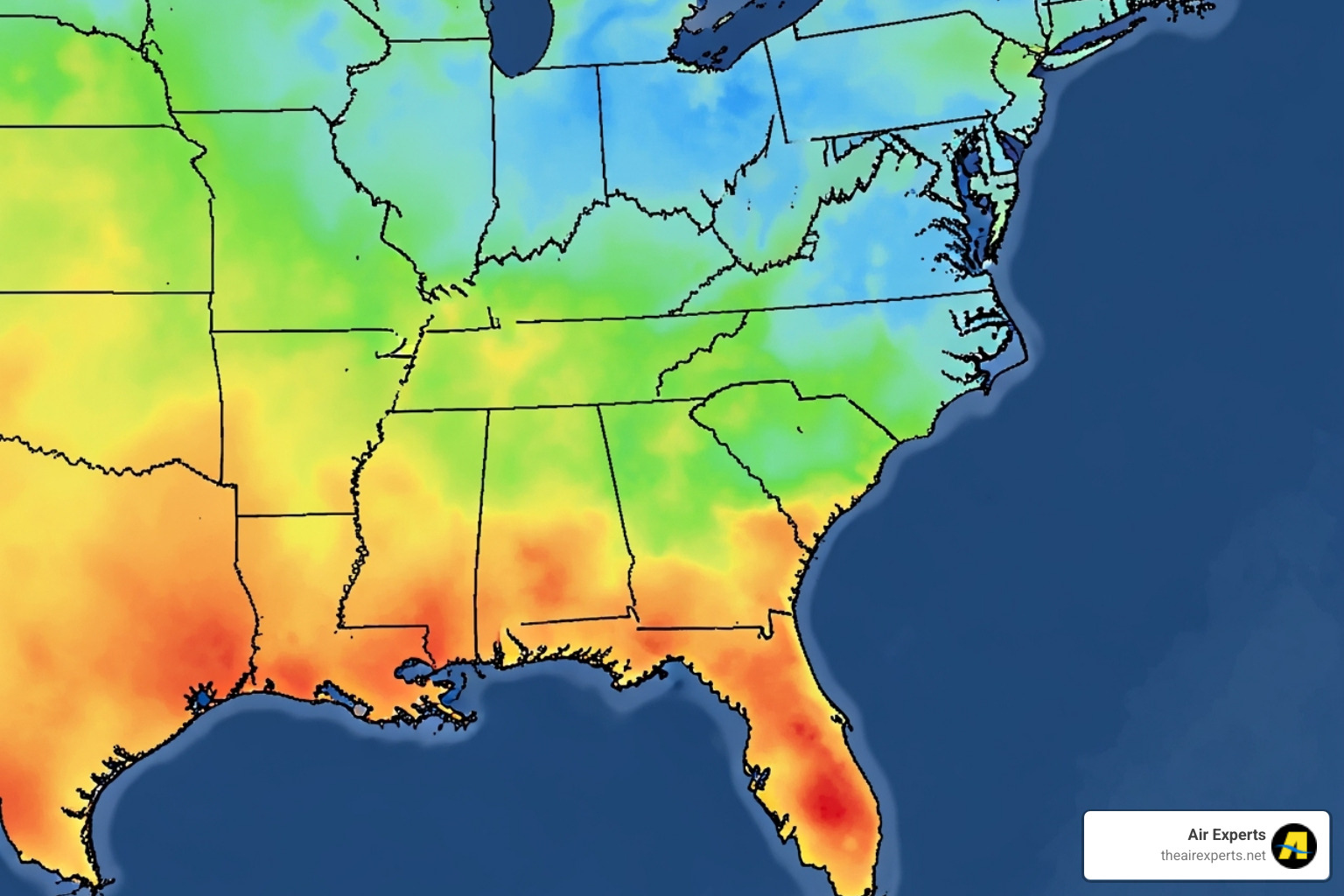
Birmingham's climate is perfect for heat pumps. Our winters are moderate, with only brief, manageable cold snaps. Modern heat pumps are powerhouses; today's models can deliver heat down to -15 degrees Fahrenheit, making them more than robust enough for the Alabama climate.
For most of our heating season, a heat pump is a highly efficient primary heat source. On the rare, coldest days, it can use auxiliary electric resistance heat for backup, or you can opt for a dual-fuel system. A dual-fuel system combines a heat pump with a gas furnace, automatically switching to the most cost-effective source based on the outdoor temperature. The efficient heat pump runs on moderately cold days, while the furnace takes over in extreme cold, ensuring you're always comfortable.
Sizing and Selecting the Right AC and Heat Pump System
Proper sizing is critical for comfort and energy savings. A system that's too small won't keep up, while one that's too large will cycle inefficiently, waste energy, and create temperature swings.
Sizing is a science, not guesswork. We start with home square footage, but other factors are crucial. Key considerations include:
- Insulation levels
- Window quality and orientation
- Ceiling height
- Number of occupants
- Heat-generating appliances
- Ductwork condition
We perform a professional load calculation (Manual J) to determine the precise BTU capacity your home needs, ensuring your system runs efficiently for years.
Exploring the Different Types of Heat Pumps
Not all heat pumps are the same. Let's explore the options to find the perfect fit for your home.
Air-source heat pumps are the most popular choice. They transfer heat between your home and the outdoor air and are well-suited to Birmingham's climate.
Geothermal heat pumps offer the ultimate efficiency by using stable underground temperatures. The upfront investment is higher, but the long-term operational savings are remarkable.
Ductless mini-split systems are perfect for homes without ductwork or for creating zoned heating and cooling, allowing you to control specific areas independently.
Central ducted systems use your existing ductwork to provide whole-home comfort, making them a seamless replacement for a current AC and heat pump setup.
The right choice depends on your home, preferences, and goals. We'll help you steer these options to find the perfect fit.
Installation, Maintenance, and Available Incentives
Getting your new AC and heat pump system installed correctly is crucial. A proper installation versus a rushed job can save you thousands over the equipment's lifespan and ensure your family's comfort.
Why Professional Installation and Maintenance Matter
Heat pump installation is a precision operation. Every connection and setting affects performance for the next 15-20 years. We ensure proper installation to maximize system longevity and deliver peak performance. Our approach at Air Experts is "No Upselling. No catch. Just Honest, Quality Service." We do it right the first time.
Once installed, regular maintenance tasks are simple but essential for keeping energy bills low and your home comfortable.
- Filter changes are a top priority. Swapping your filter every 1-3 months keeps air flowing freely and improves indoor air quality.
- Professional coil cleaning is also vital. Dirty coils force your system to work harder. Our technicians clean them safely to restore efficiency.
- Annual tune-ups are your best insurance against breakdowns. We check connections, test refrigerant levels, and catch small issues before they become expensive problems.
With proper care, your air-source heat pump can last 15 to 20 years, the same lifespan as a quality central air conditioner.
Tapping into Savings: Rebates and Tax Credits
Government incentives and utility rebates can significantly reduce the cost of upgrading to an efficient AC and heat pump. These programs exist to encourage the adoption of this energy-saving technology.
The Federal tax incentives through HEEHRA (High-Efficiency Electric Home Rebate Act) can provide up to $2,000 per year in tax credits for qualifying heat pump installations, putting real money back in your pocket.
Local utility rebates in the Greater Birmingham area may offer additional savings. These programs help with upfront cost reduction while you enjoy the long-term value of lower energy bills. We stay current on available incentives and can help you identify which programs apply to your situation.
Frequently Asked Questions about Heat Pumps
When considering a heat pump, homeowners often have questions. Here are answers to the most common ones to help you make an informed decision.
Can a heat pump completely replace my air conditioner and furnace?
Yes, in Birmingham's climate, a heat pump is a complete, all-in-one comfort solution. It eliminates the need for separate heating and cooling units.
For Birmingham's mild winters, a heat pump handles most heating needs alone. For extra peace of mind during rare cold snaps, a dual-fuel system can be installed, which pairs the heat pump with a backup source and automatically switches to the most efficient option.
Most Birmingham homeowners, however, find their heat pump handles their heating and cooling needs beautifully year-round without any backup.
Are heat pumps noisier than traditional air conditioners?
This is a common concern based on older models. The good news is that modern heat pumps, especially those with inverter technology, are significantly quieter than traditional AC units and furnaces.
Their quiet operation is due to variable-speed technology. Instead of cycling on and off at full blast, they adjust their speed to match the home's needs, often running at lower, whisper-quiet levels. Manufacturers have also improved sound dampening, so you may barely hear your new heat pump running.
What is the average lifespan of a heat pump?
With proper installation and regular professional maintenance, you can expect your air-source heat pump to serve your home for 15 to 20 years. This is comparable to a central air conditioner and often outlasts many furnaces.
Several factors influence its lifespan. Quality installation is crucial, and regular maintenance, including annual tune-ups and filter changes, prevents wear and tear that can shorten the system's life. Your usage patterns and the quality of the unit also play a role.
When you invest in a reliable AC and heat pump and care for it, you can expect decades of efficient service.
Your Partner for an Energy-Efficient Home
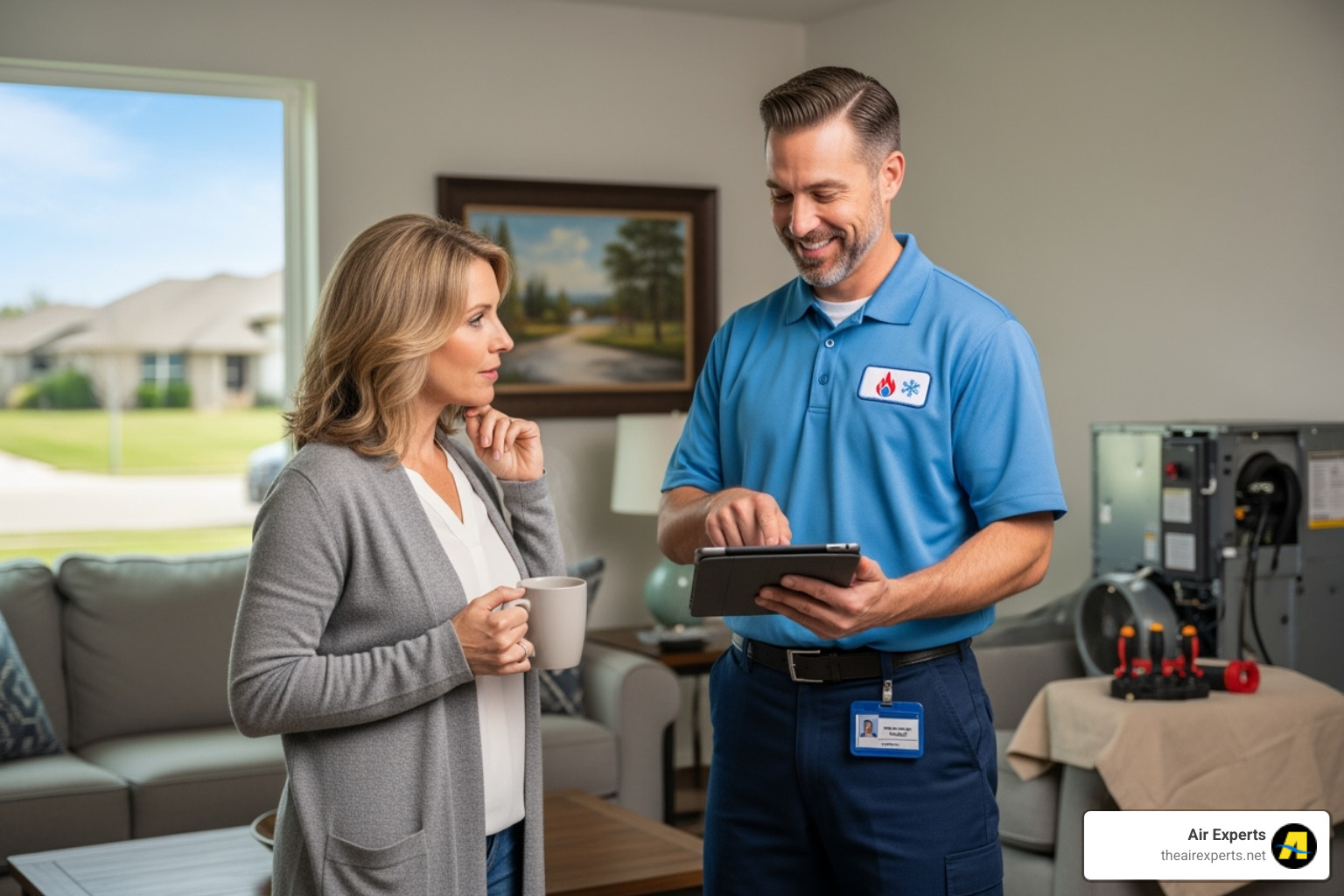
Home comfort is changing for the better. Heat pumps are more than a trend; they are revolutionizing how we keep our homes comfortable year-round.
For most Birmingham homeowners, the choice is clear. A heat pump's dual functionality handles both cooling and heating with remarkable efficiency in one smart system. Their superior efficiency comes from moving heat, not creating it, which translates to lower energy bills and a reduced carbon footprint—an environmentally responsible choice.
Modern heat pumps are built to handle Birmingham's climate beautifully, working reliably even when temperatures dip. They're designed for exactly the kind of winters we experience here in Alabama.
Choosing a new HVAC system can feel overwhelming, but you don't have to do it alone.
At Air Experts, our approach is simple: "No Upselling. No catch. Just Honest, Quality Service." We're not here to pressure you. We're here to help you find the right system that fits your home, budget, and comfort needs.
Making an informed decision is a great investment. You'll enjoy long-term energy savings, year-round comfort, and the priceless peace of mind that comes with a reliable system.
For expert guidance on choosing and installing the right system for your home, explore our heat pump installation services in Birmingham, AL. We're ready to help you accept the future of home comfort—and we promise to keep it honest, straightforward, and focused on what's best for you.
.svg)
.svg)
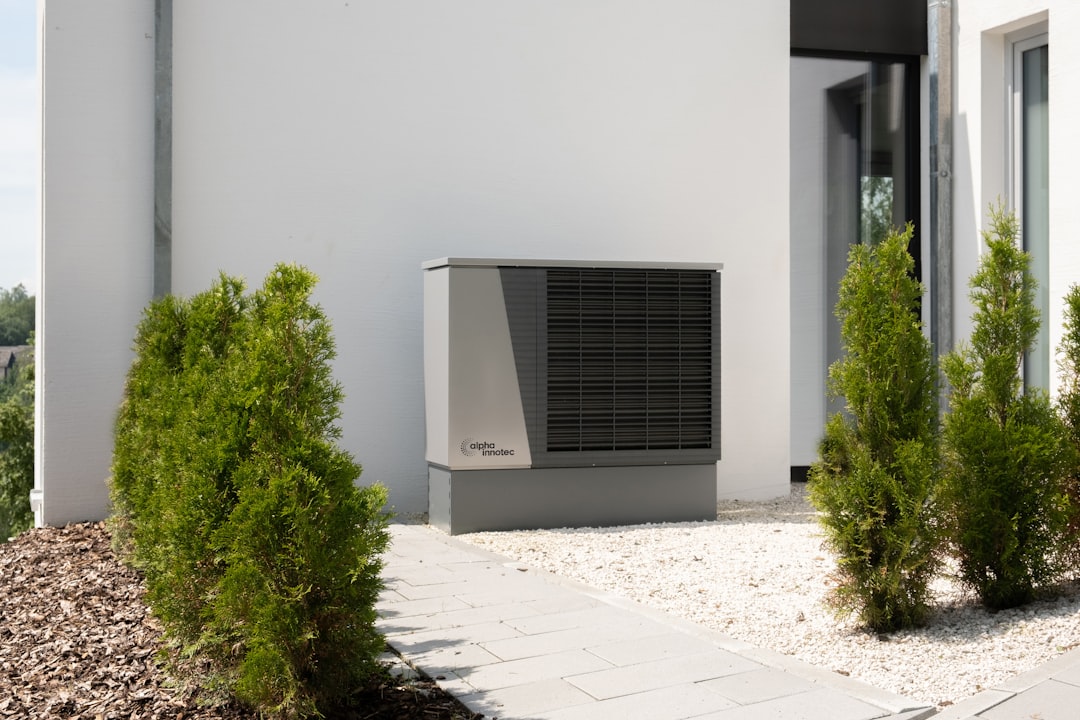
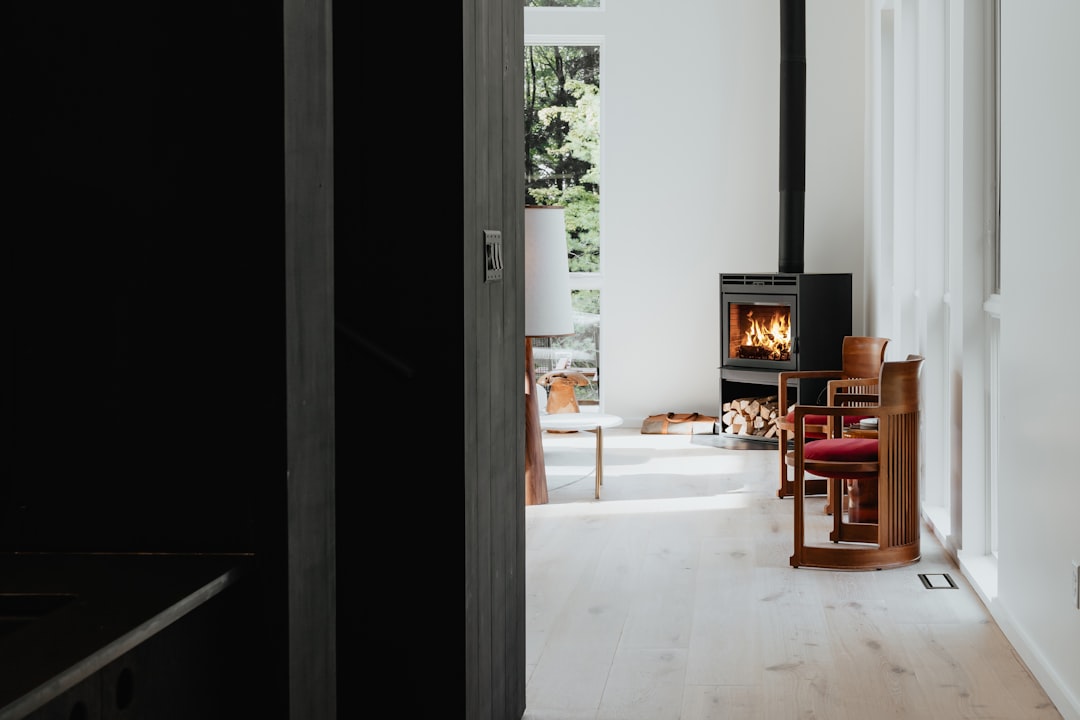

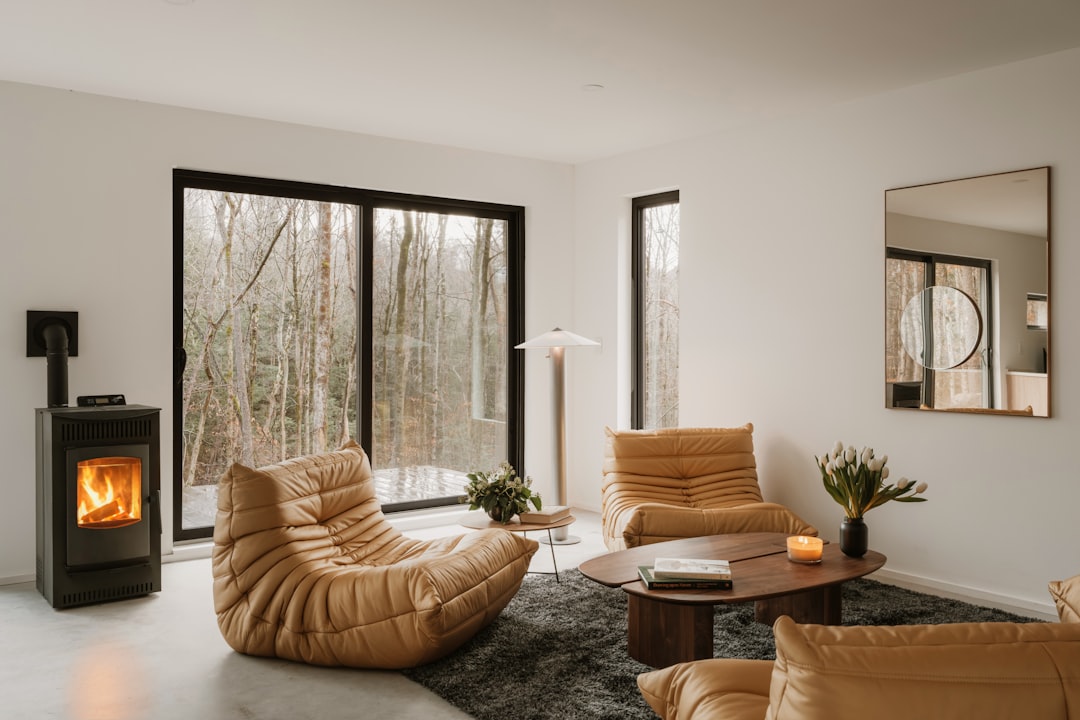

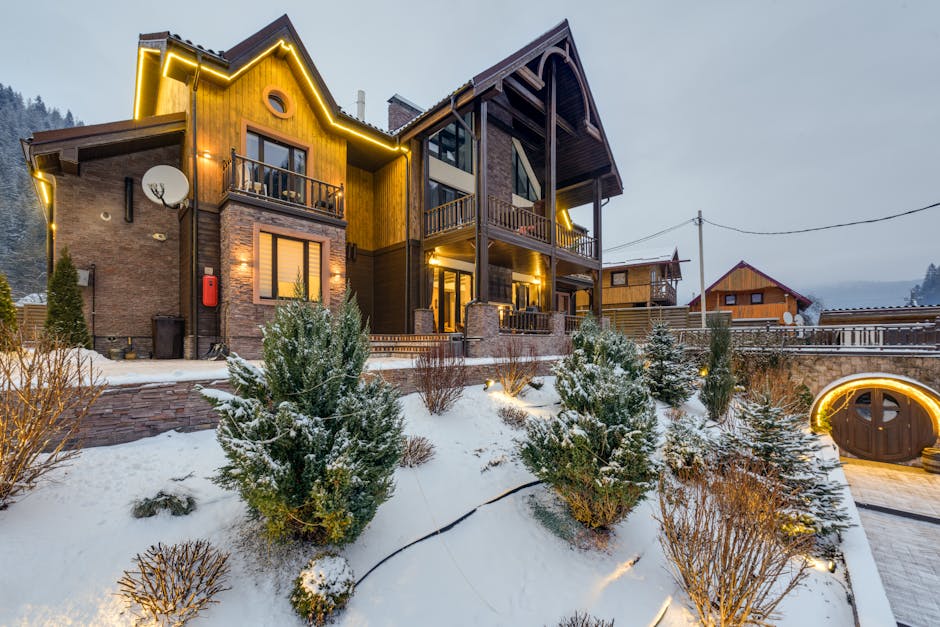

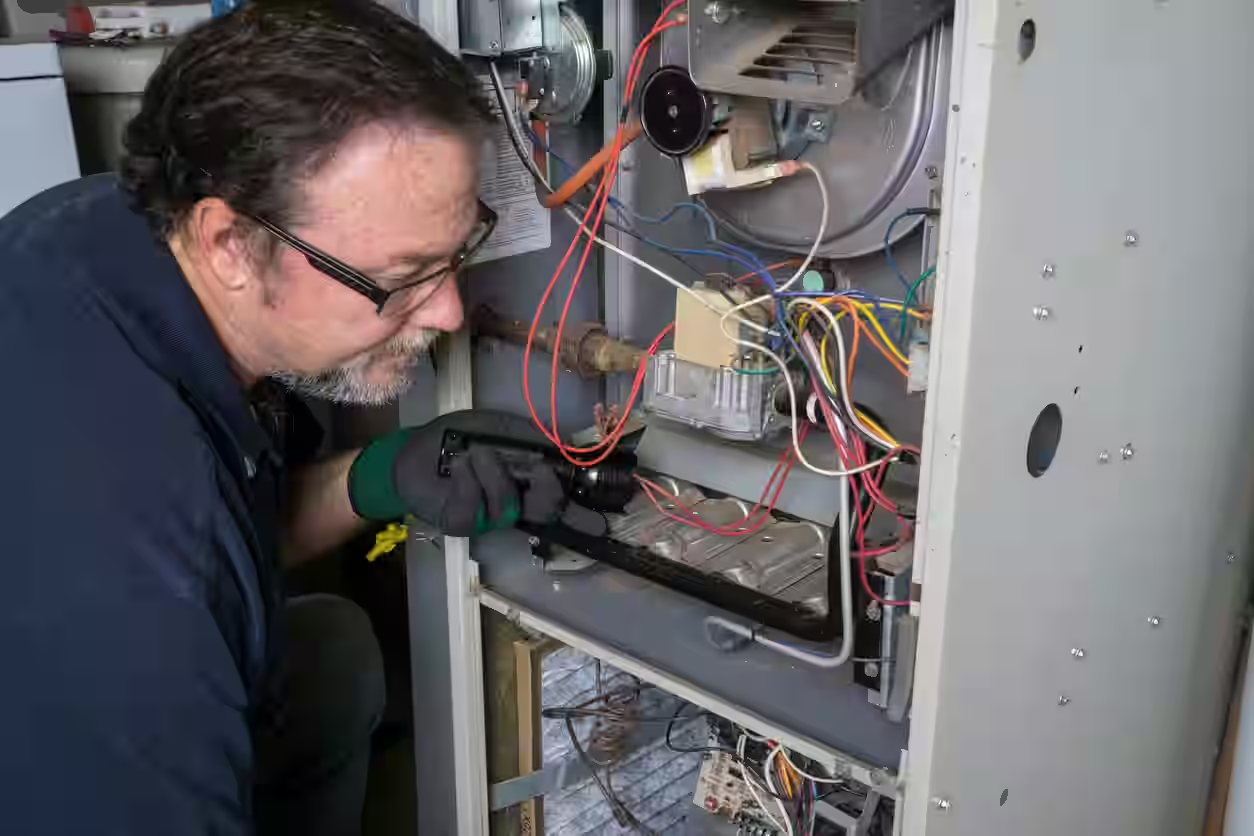
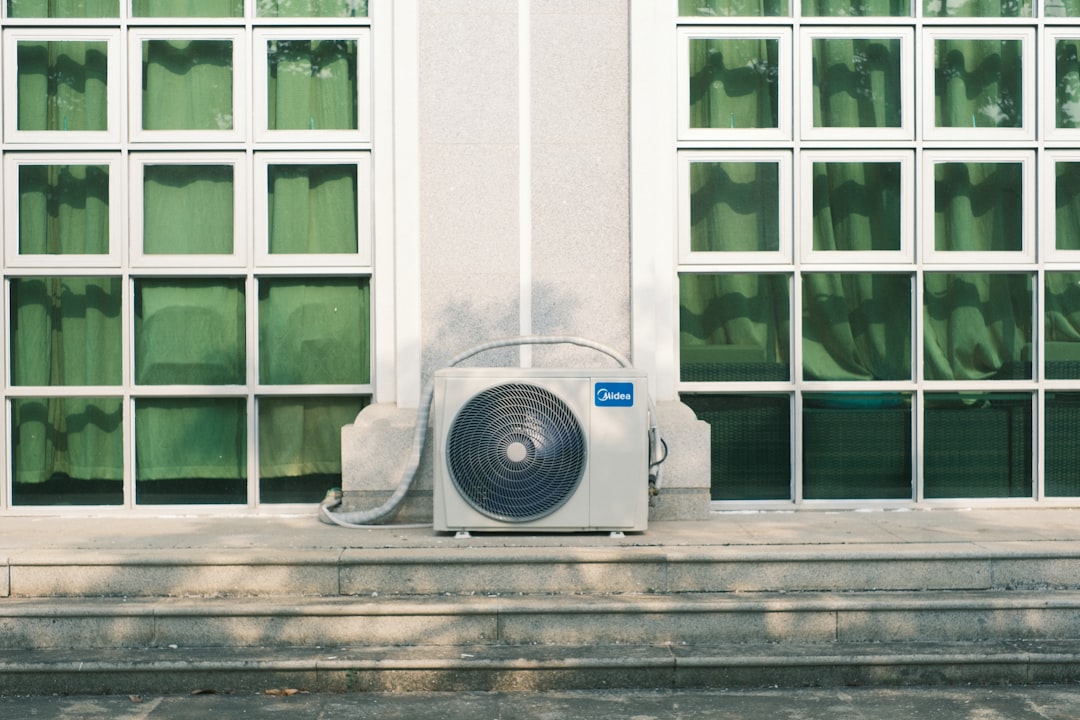

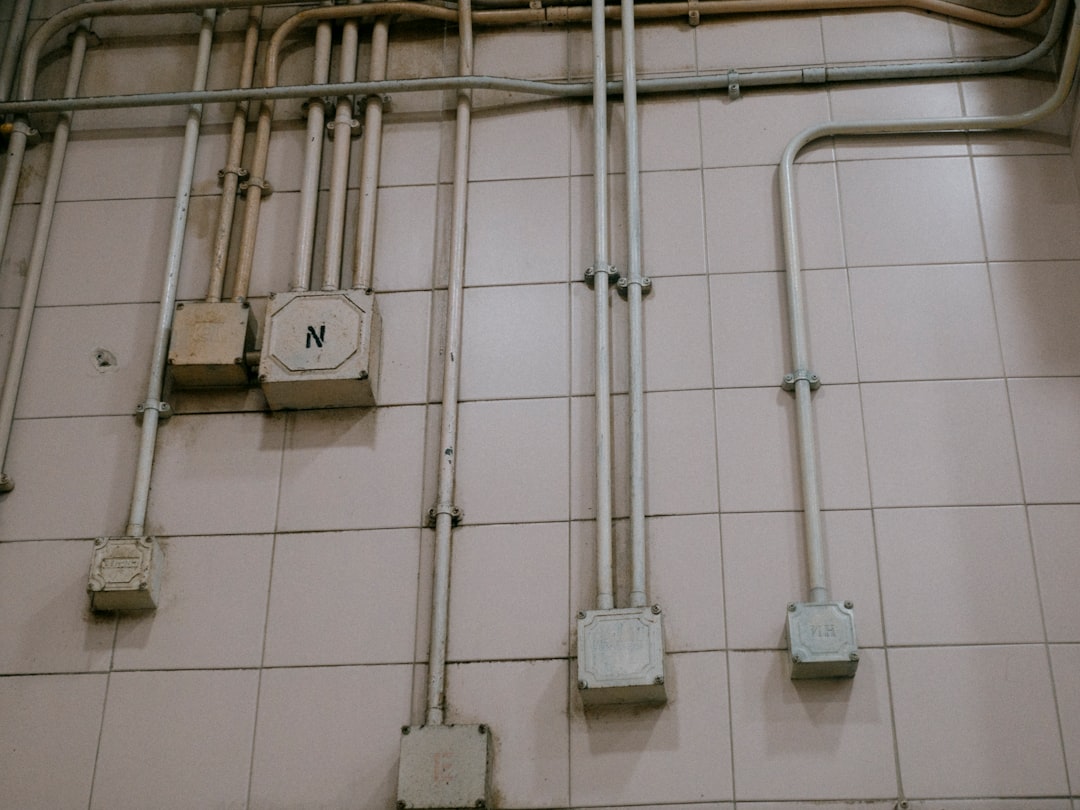
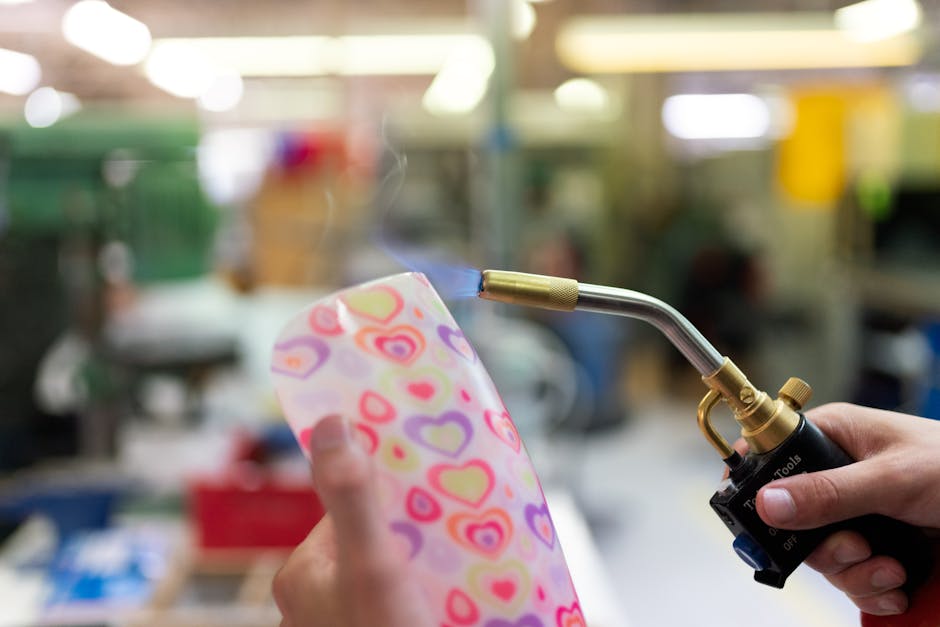

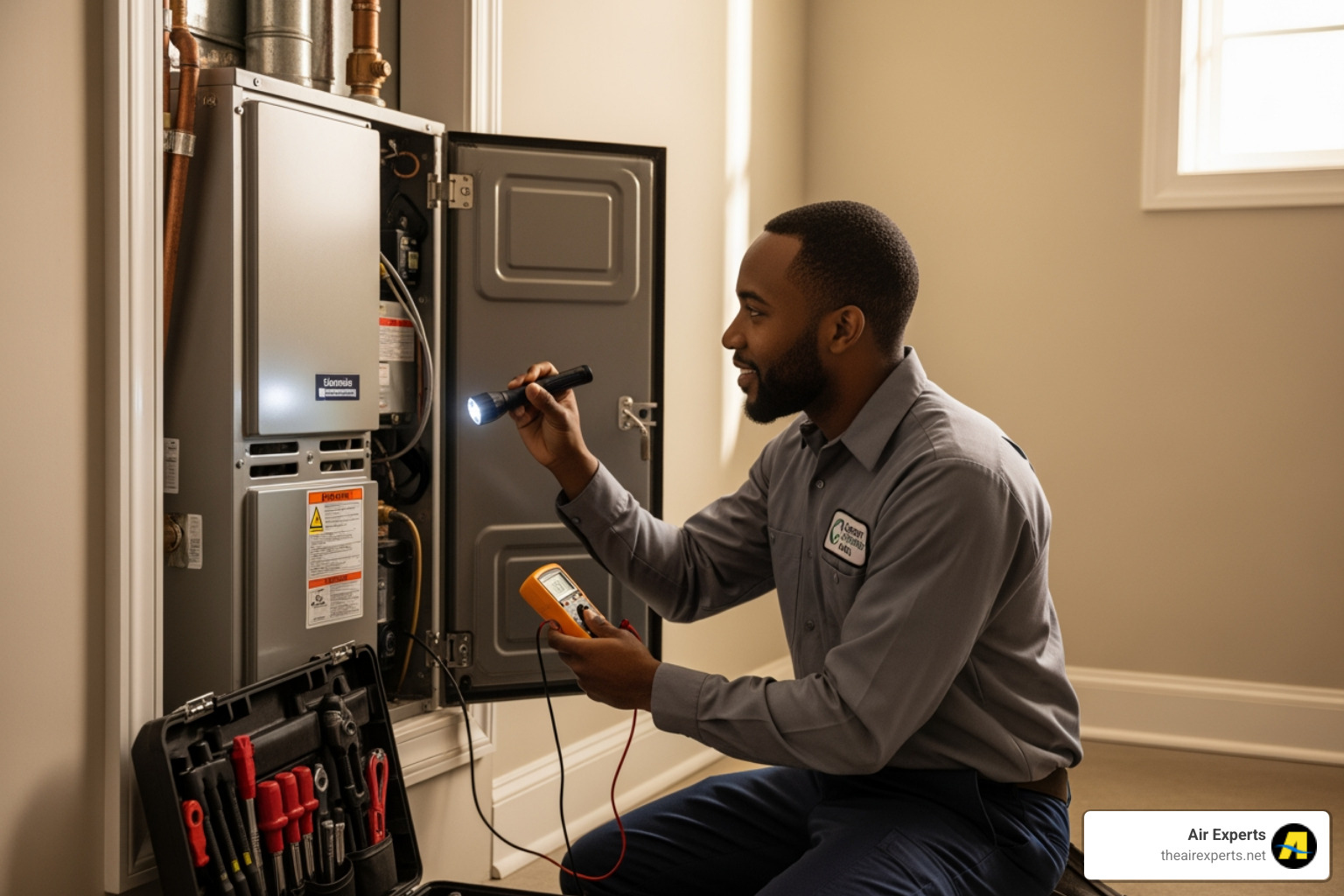
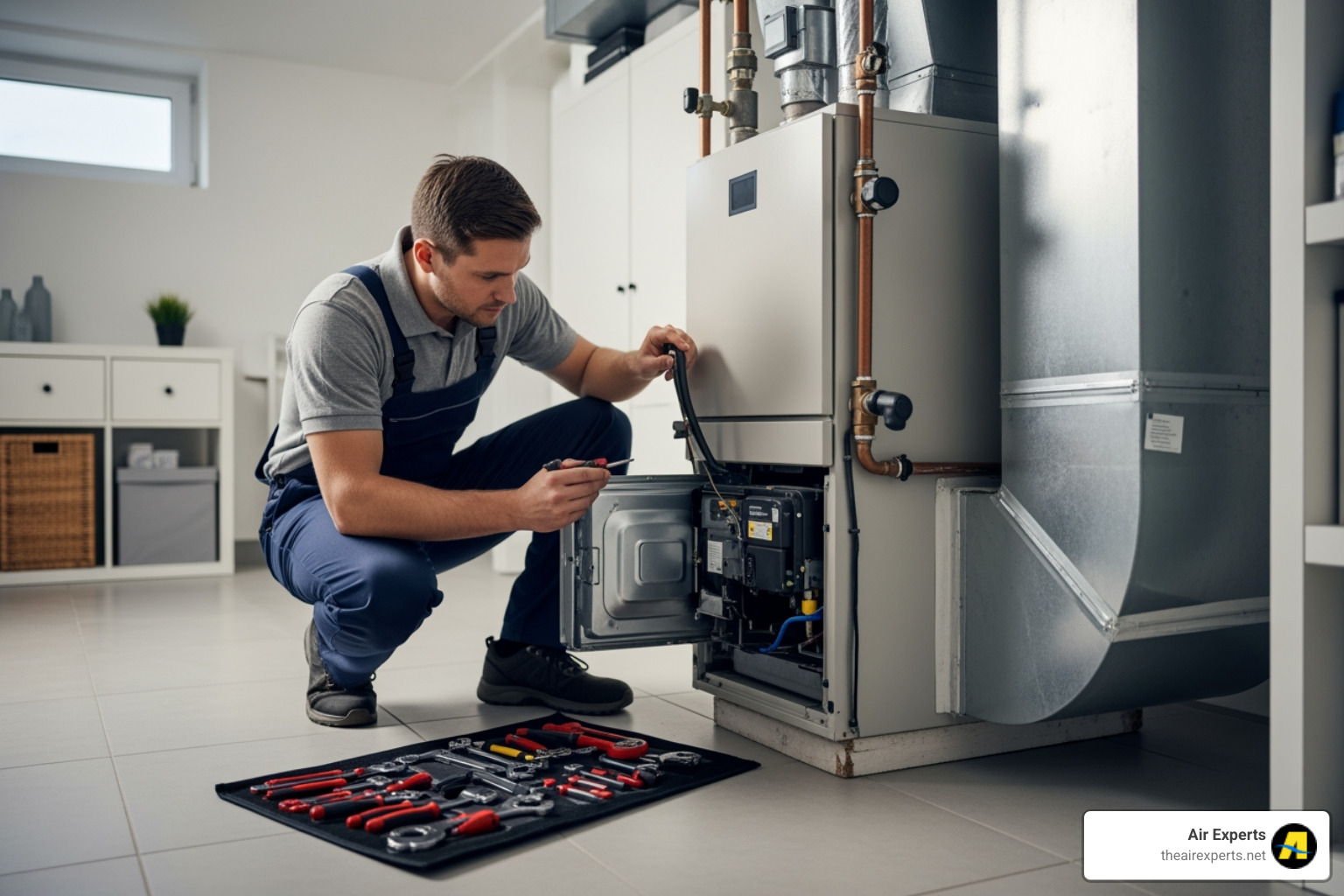
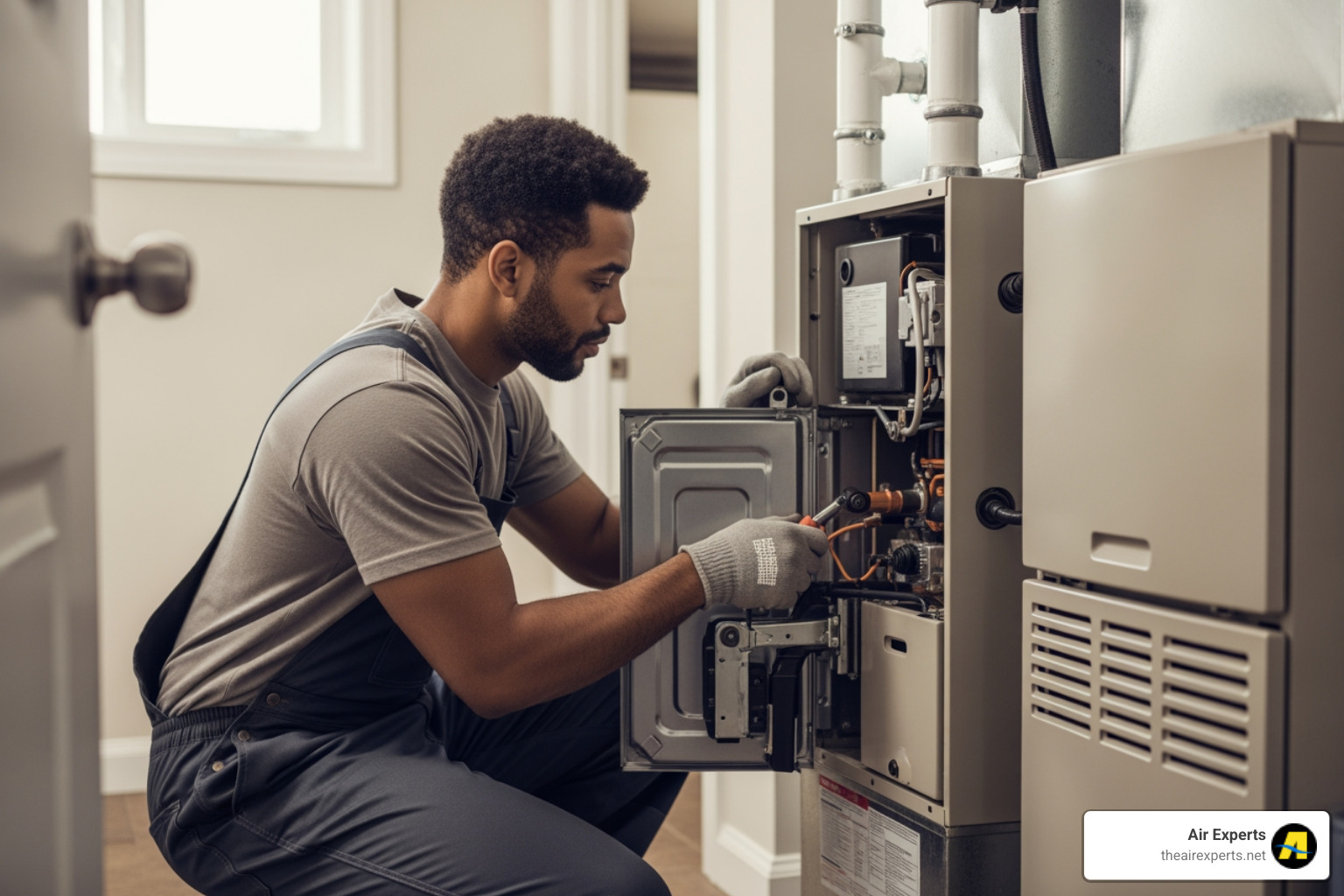


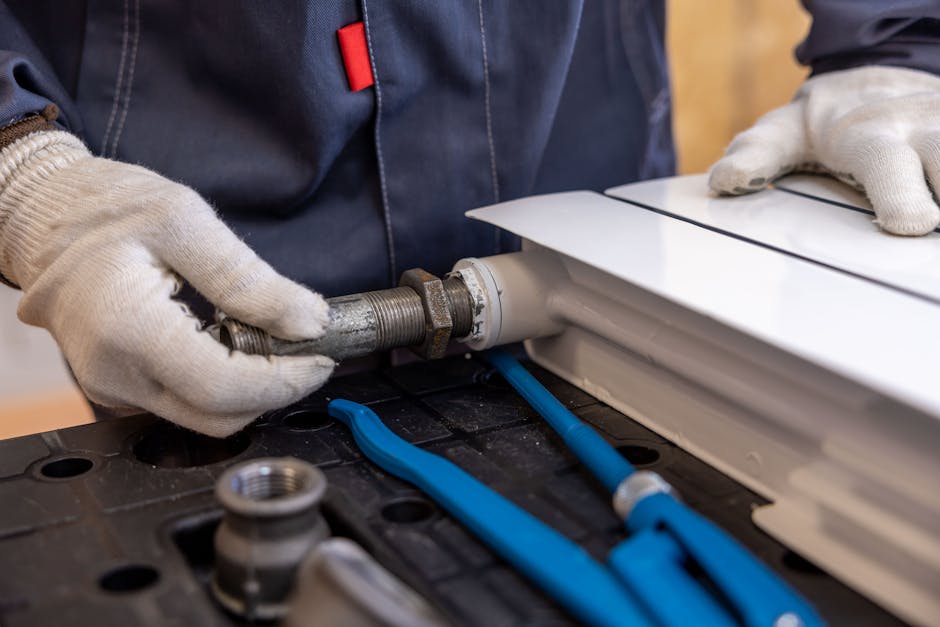


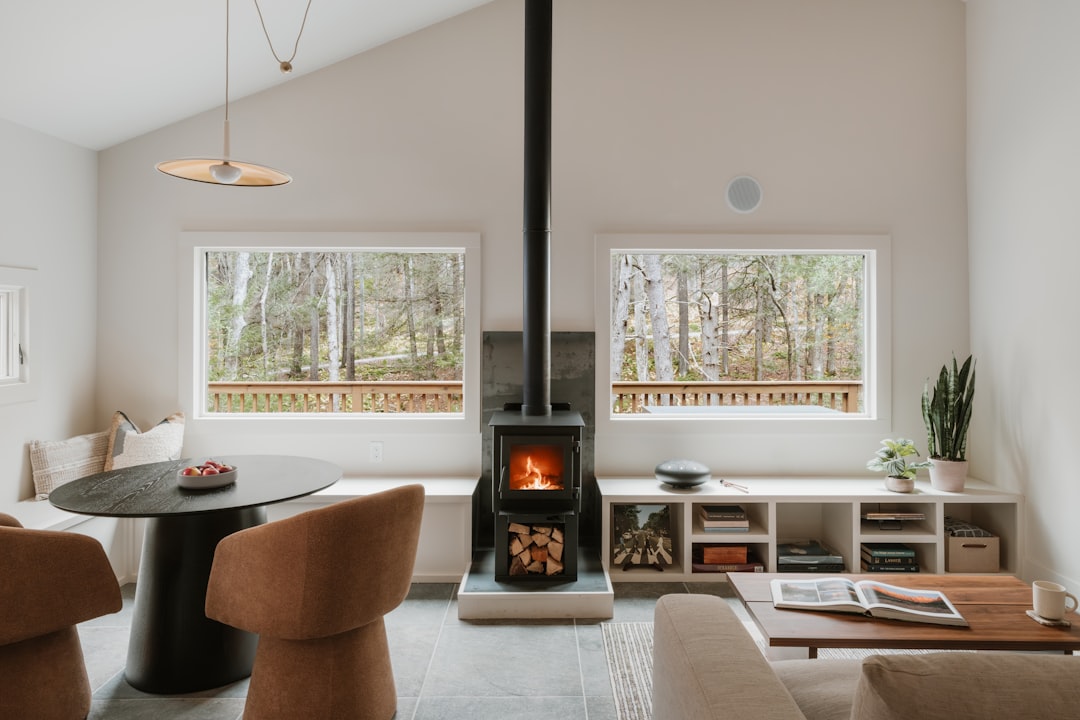


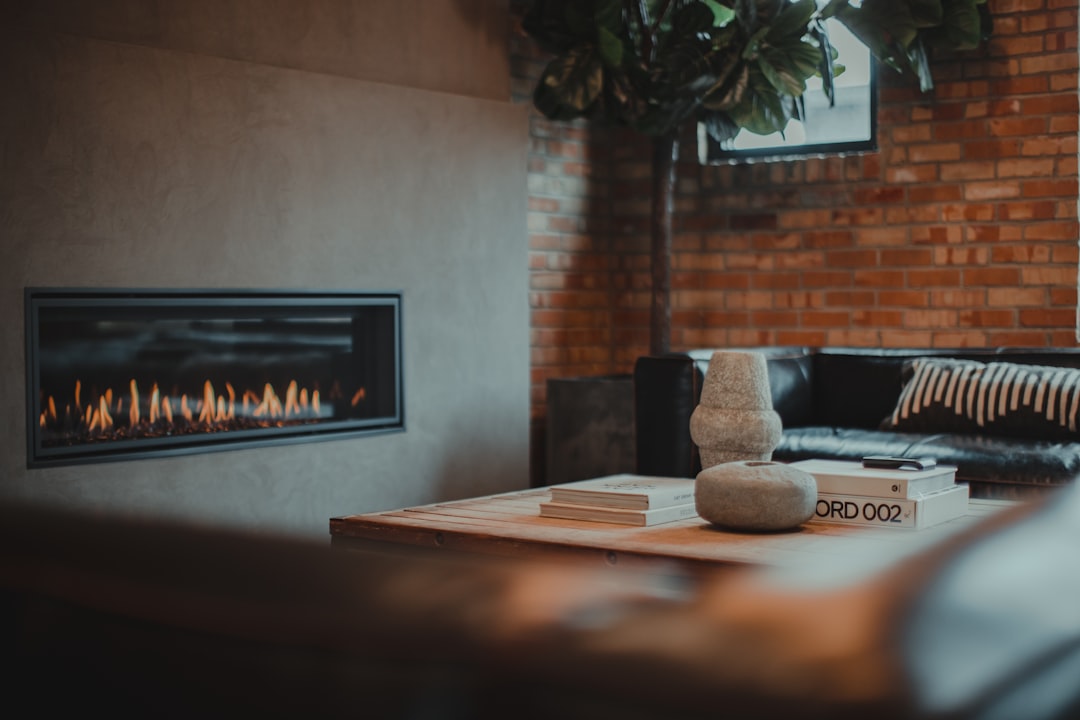
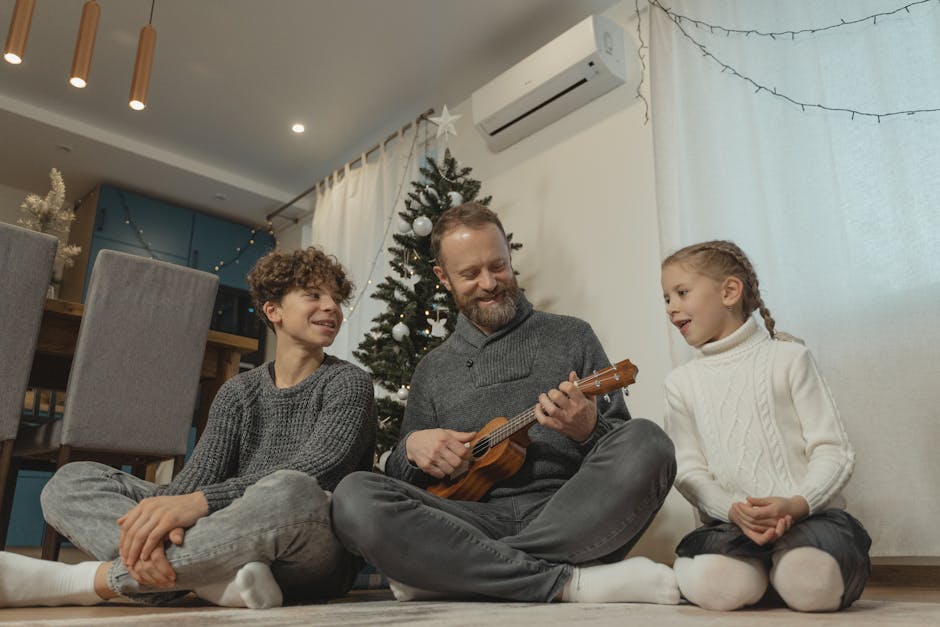
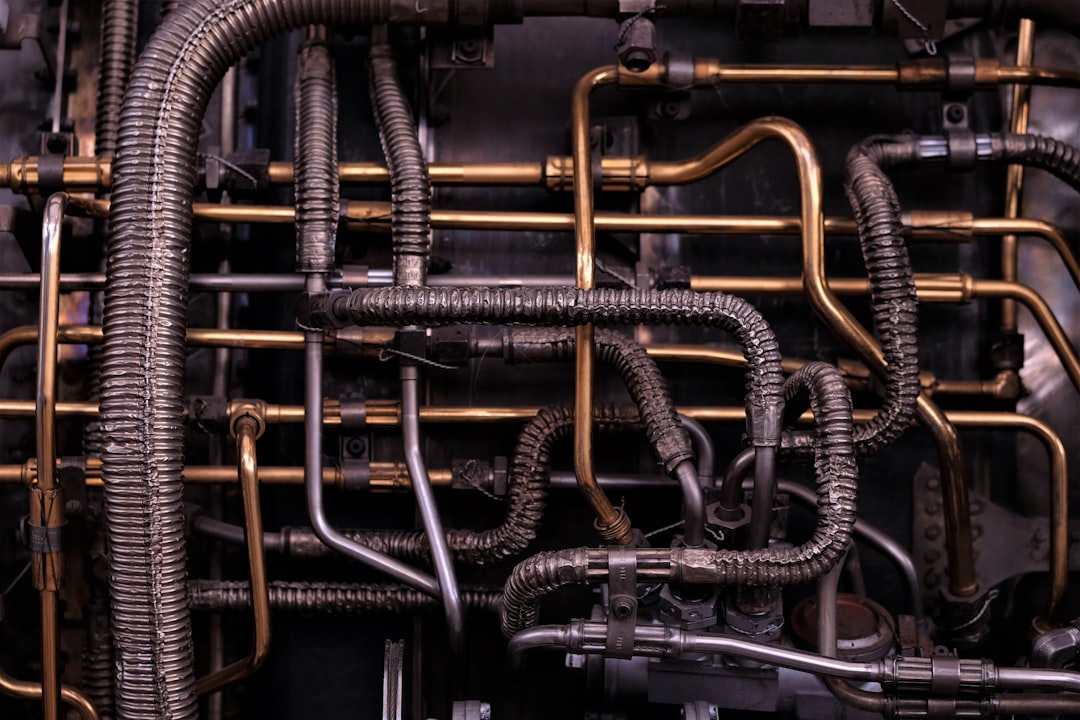
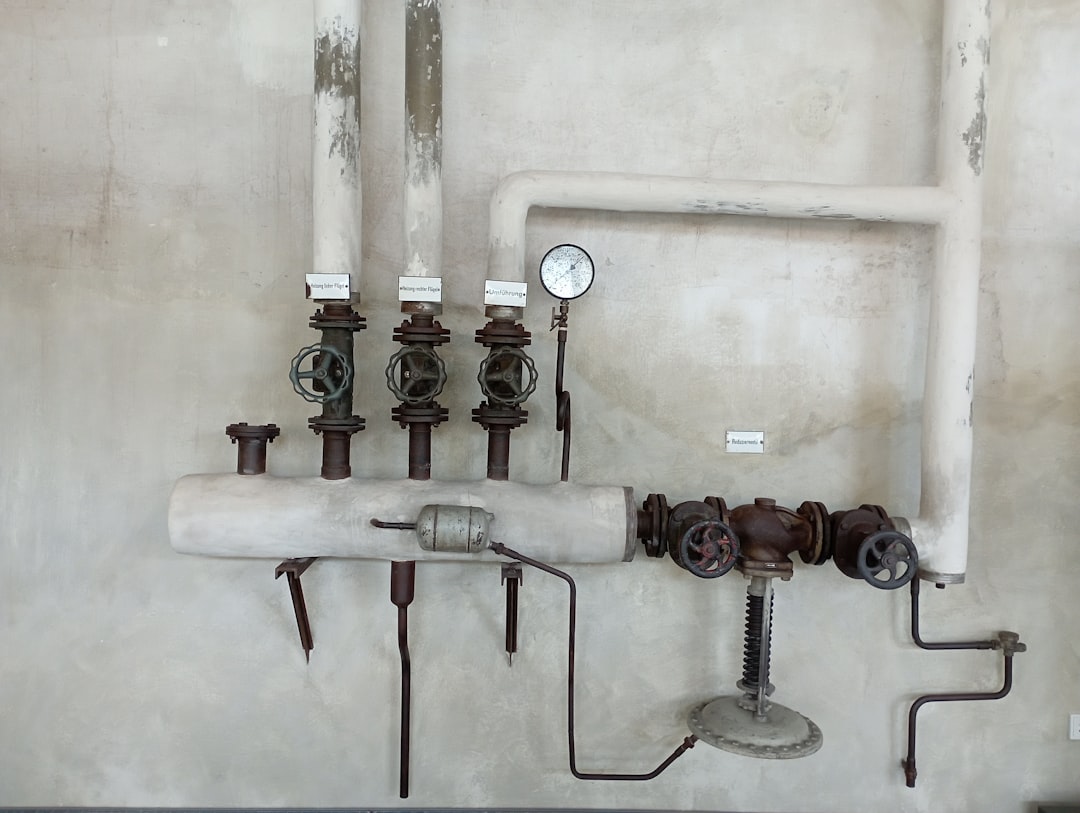
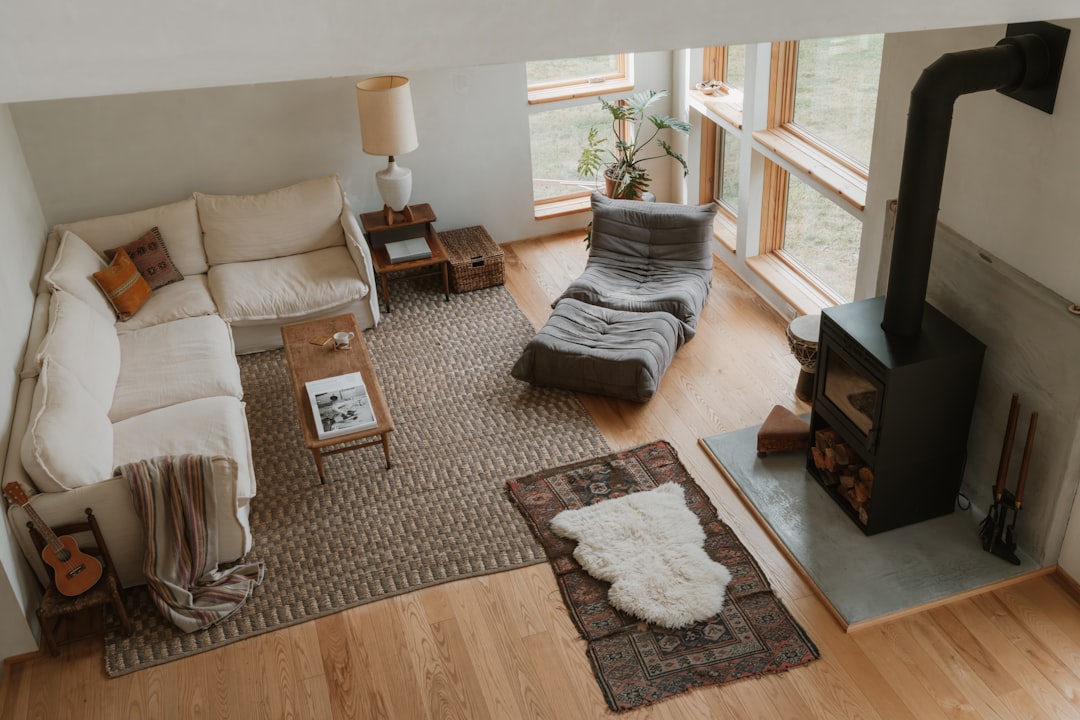
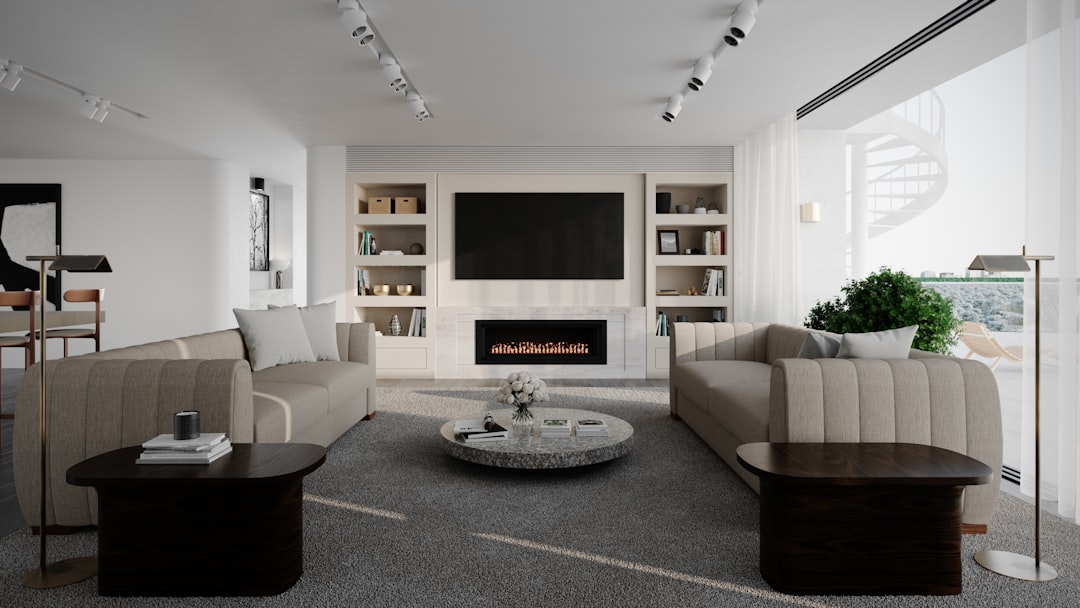





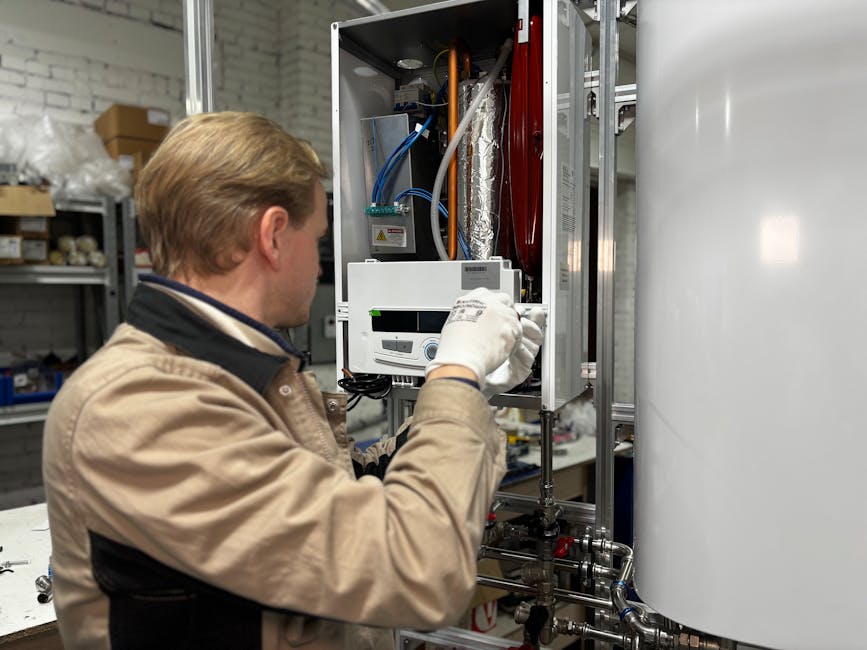
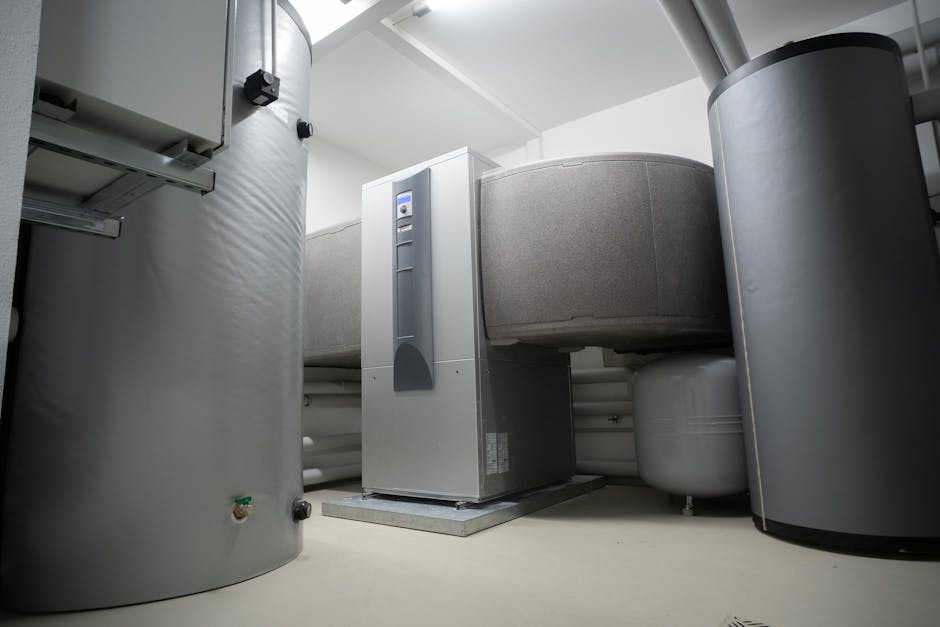
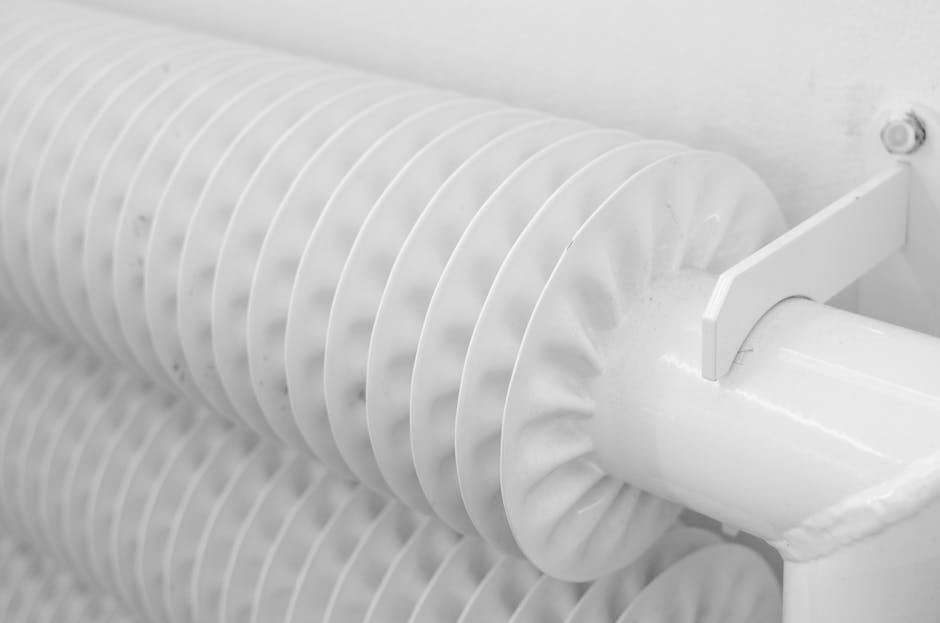
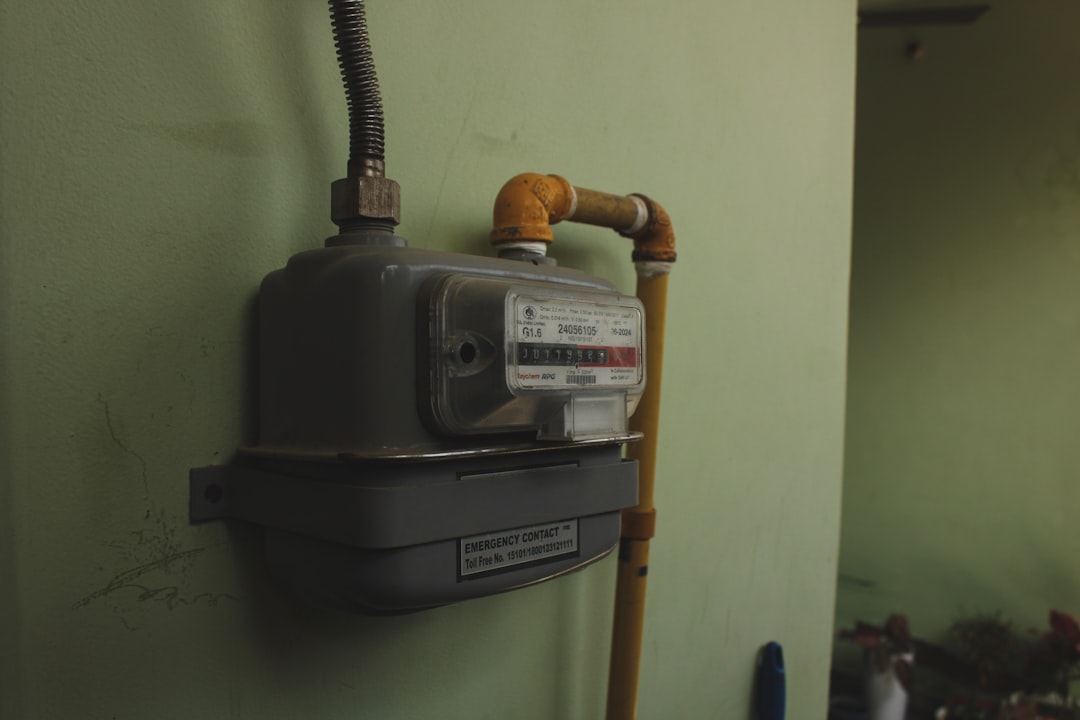
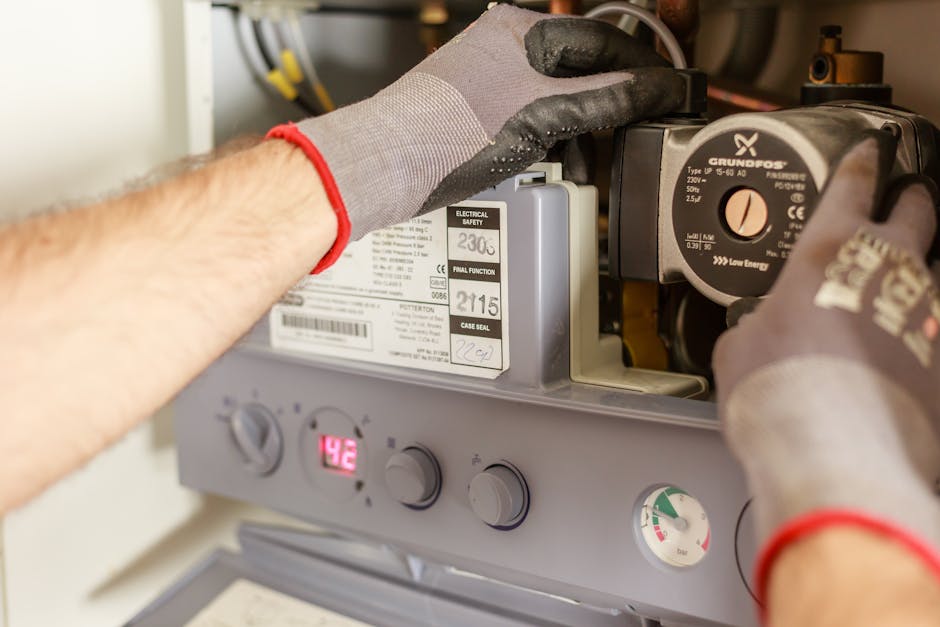
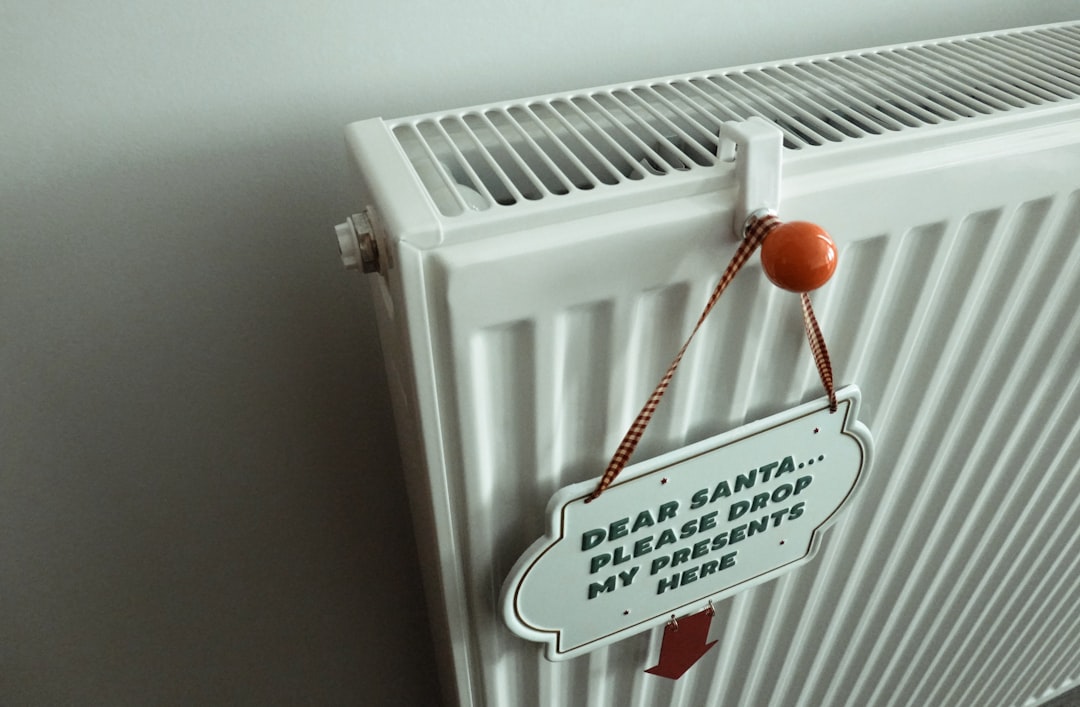
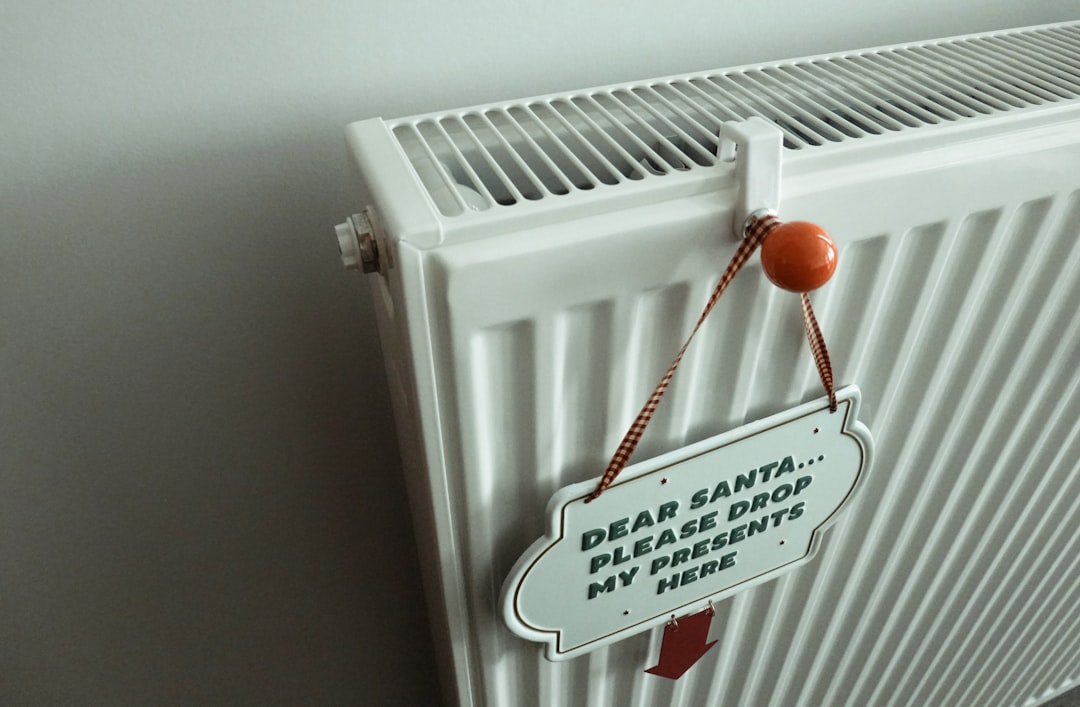
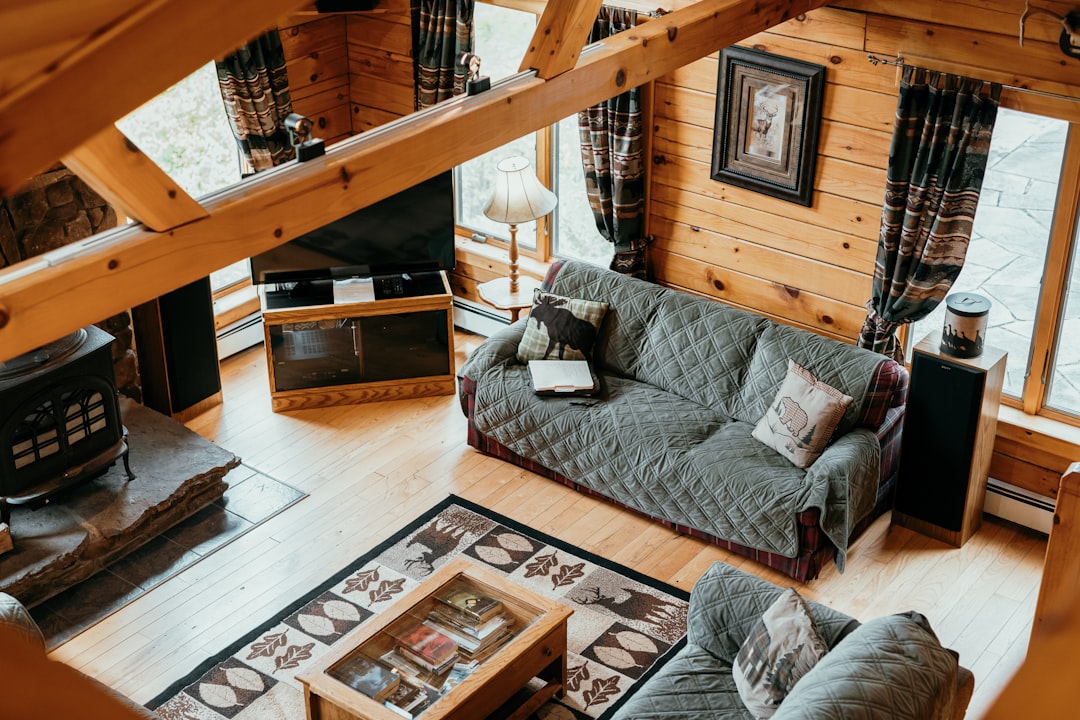

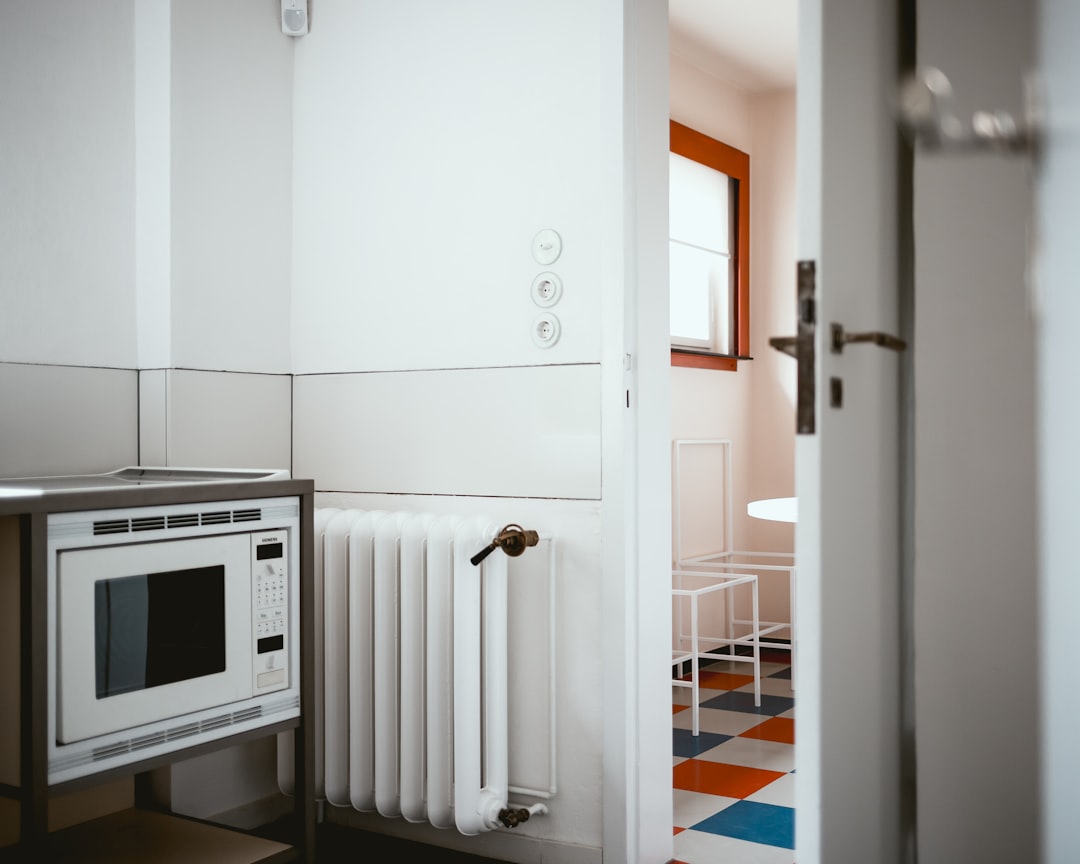
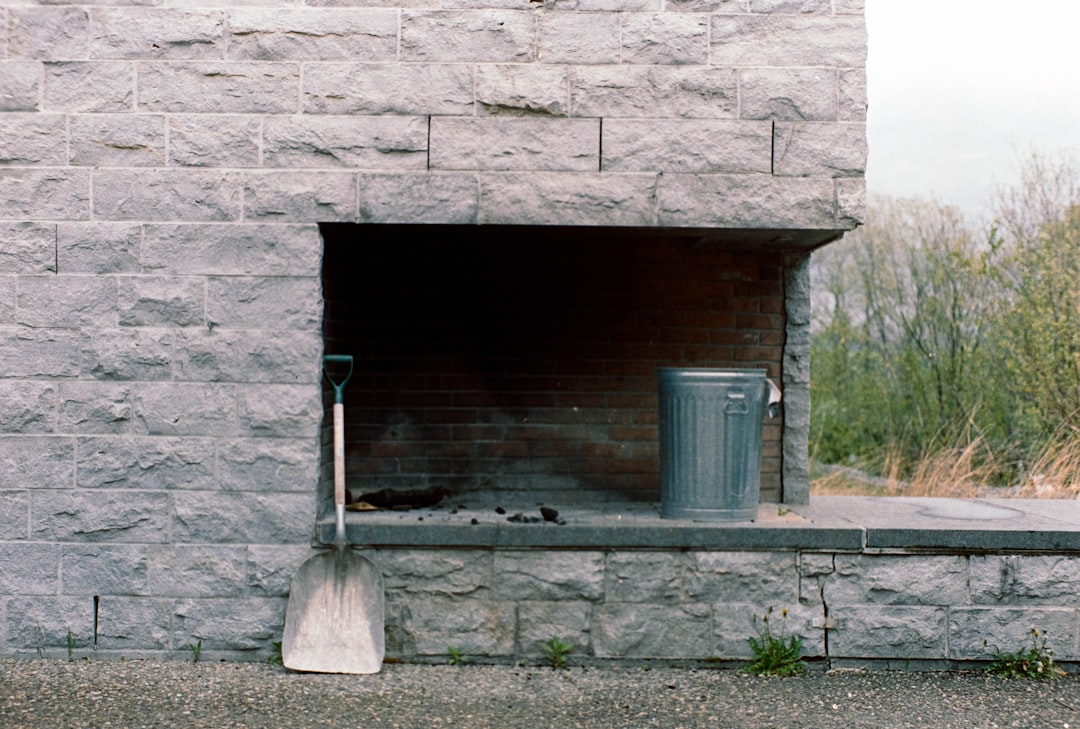


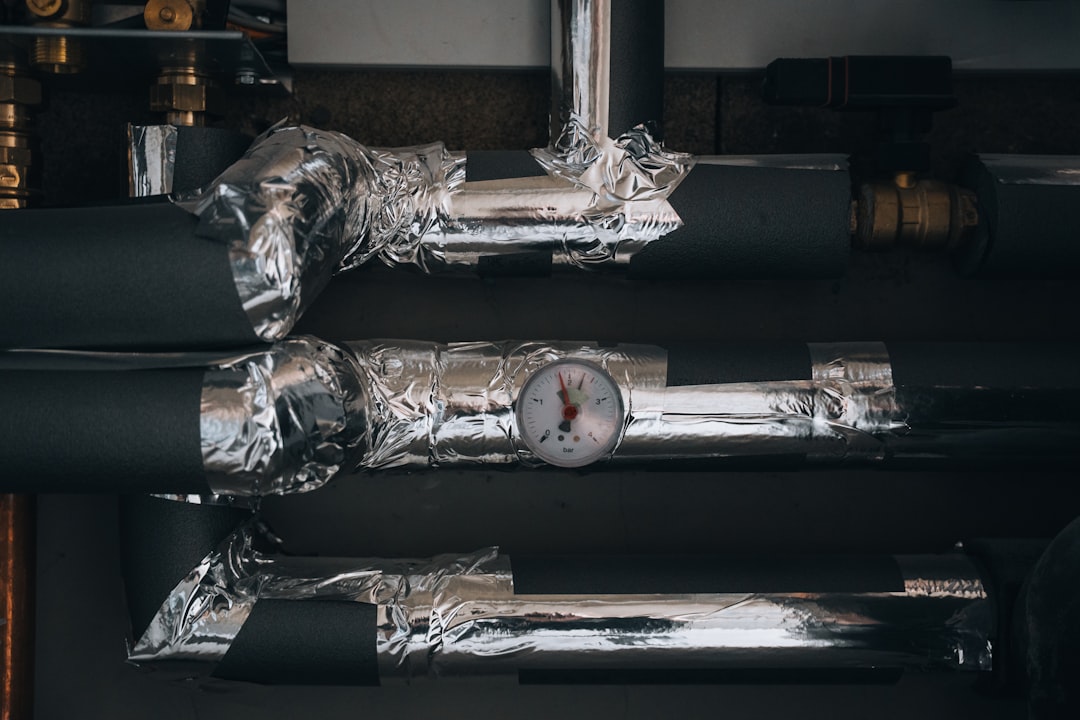
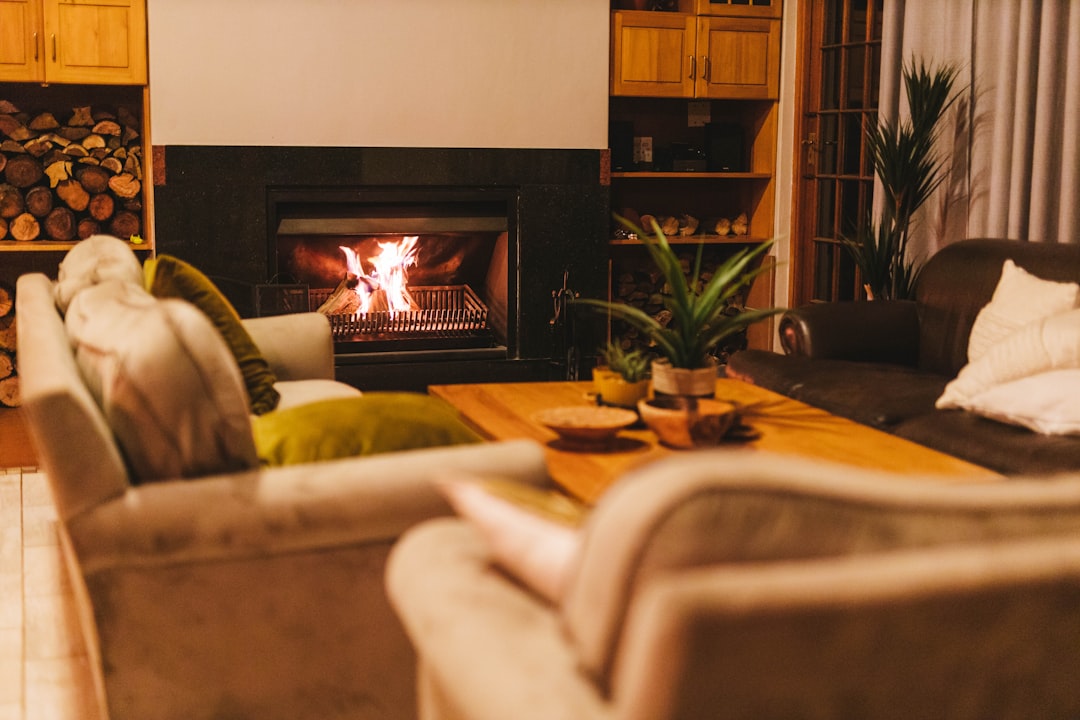
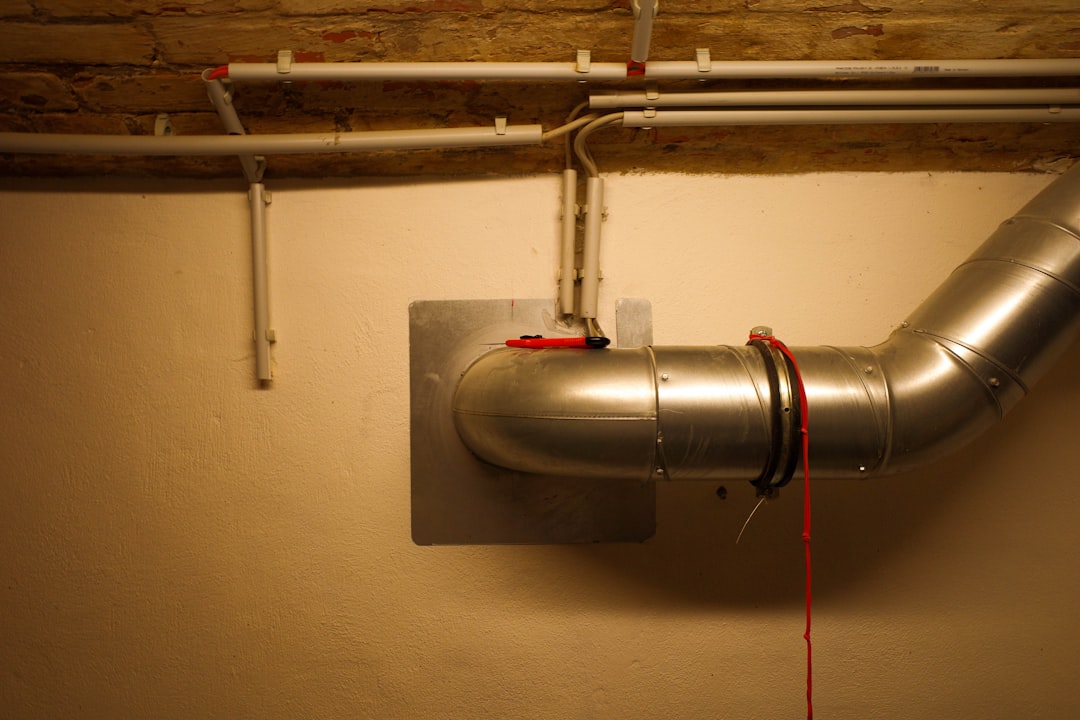

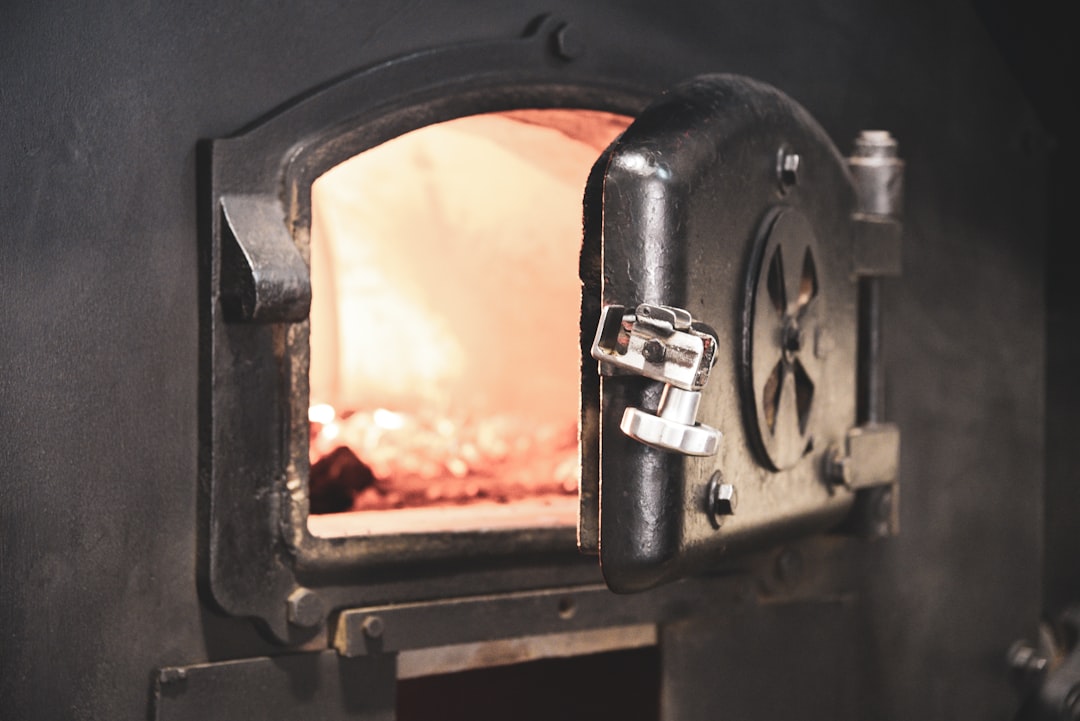

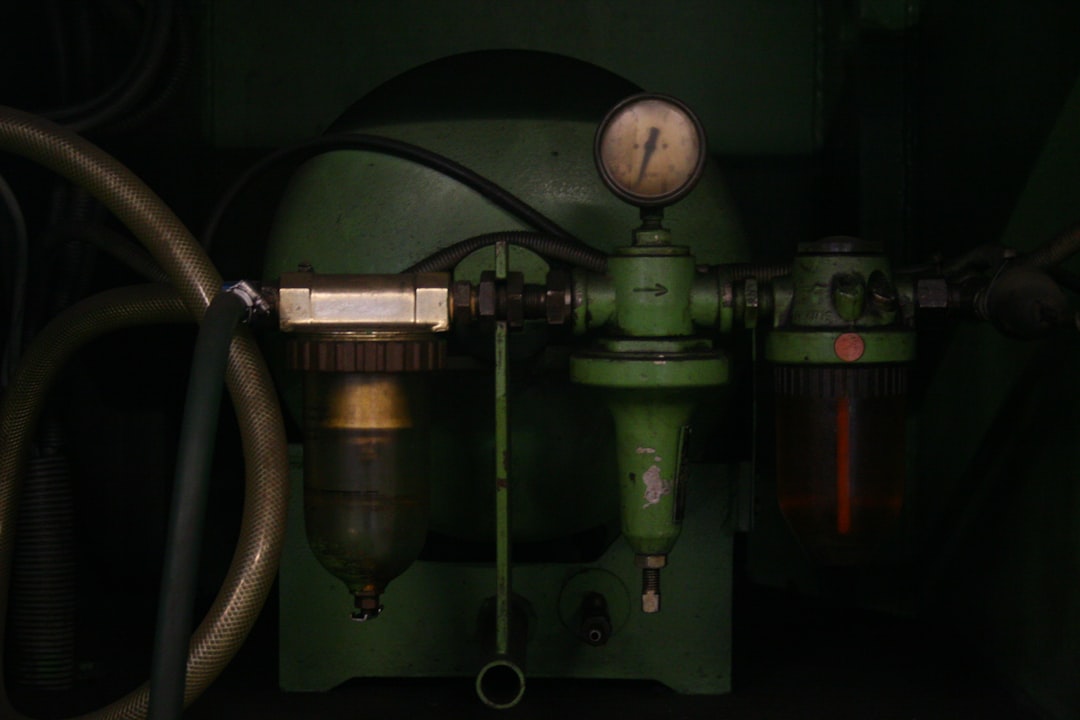
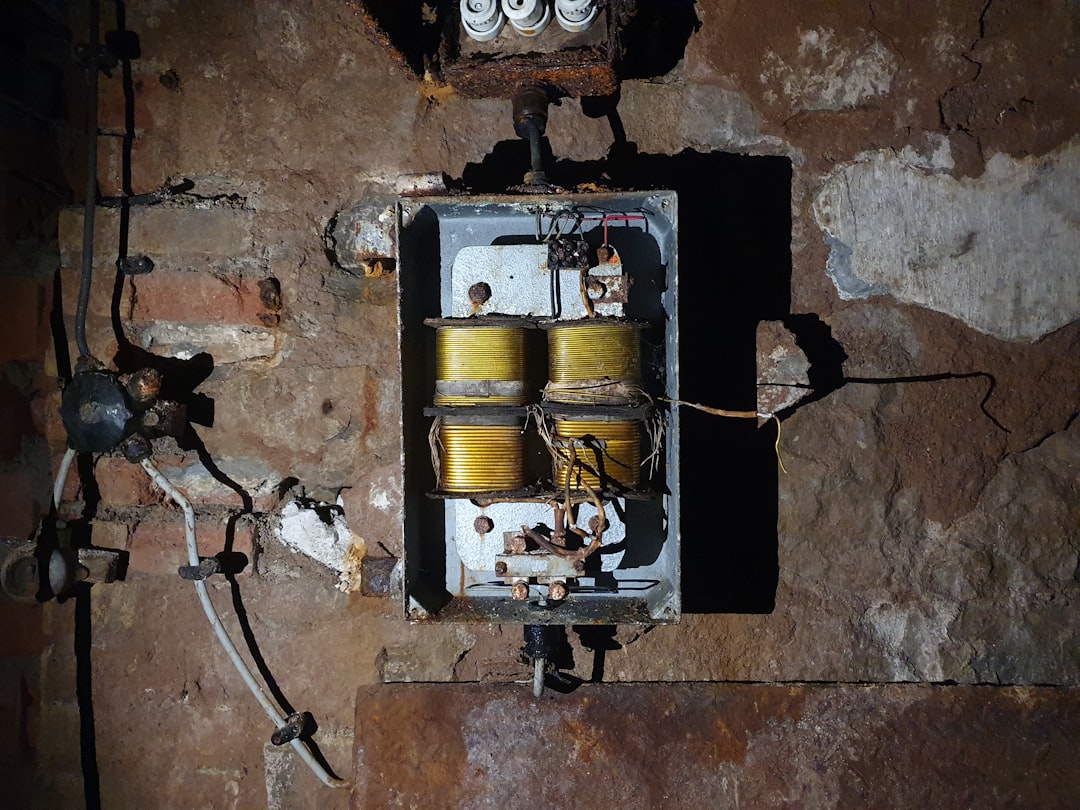
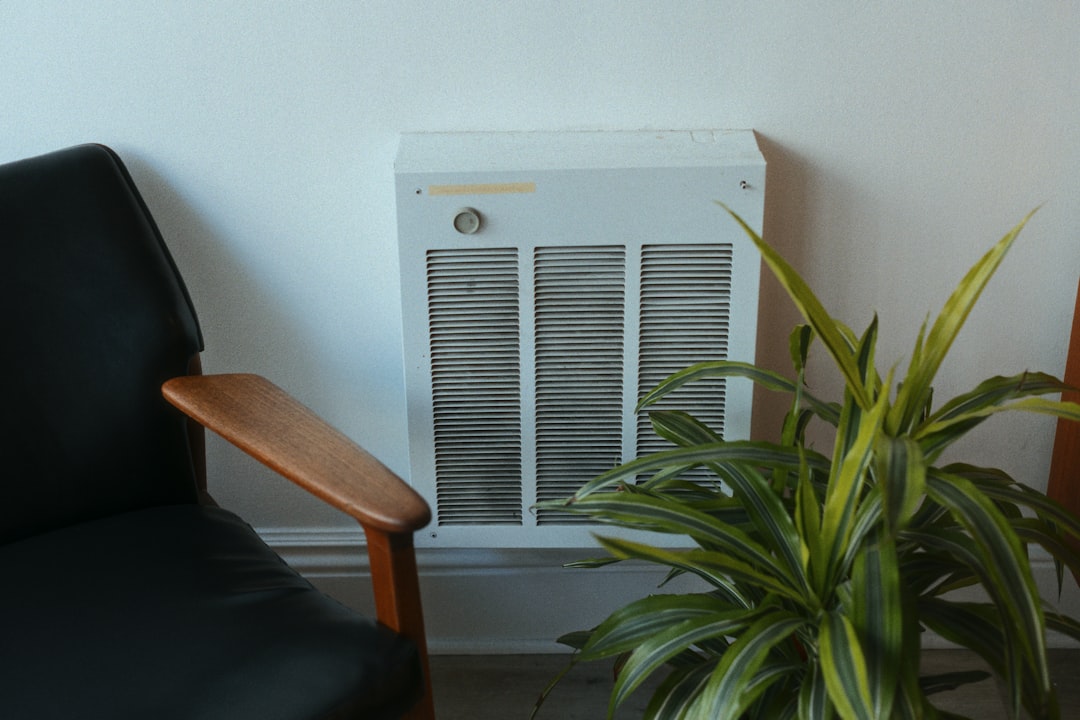
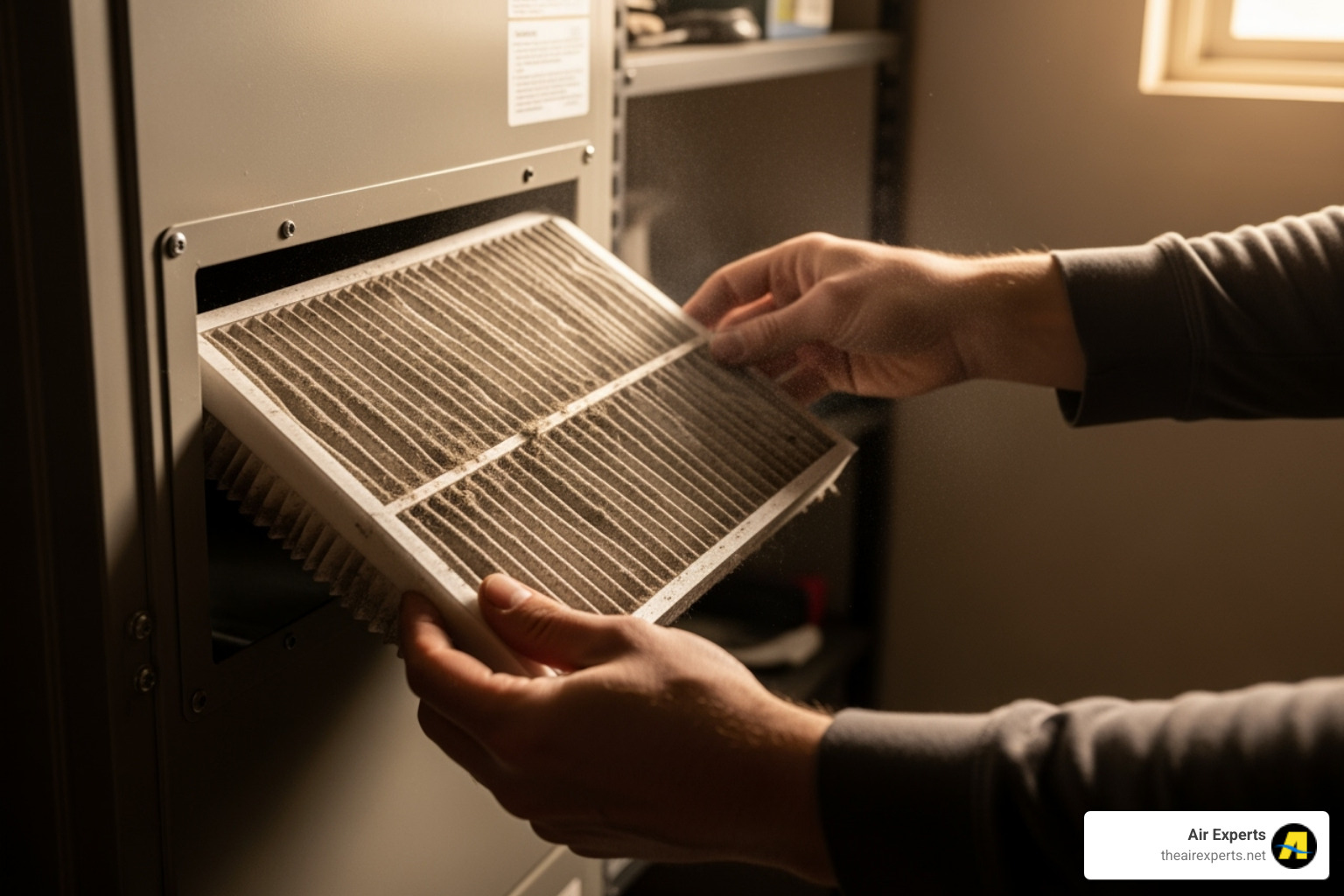
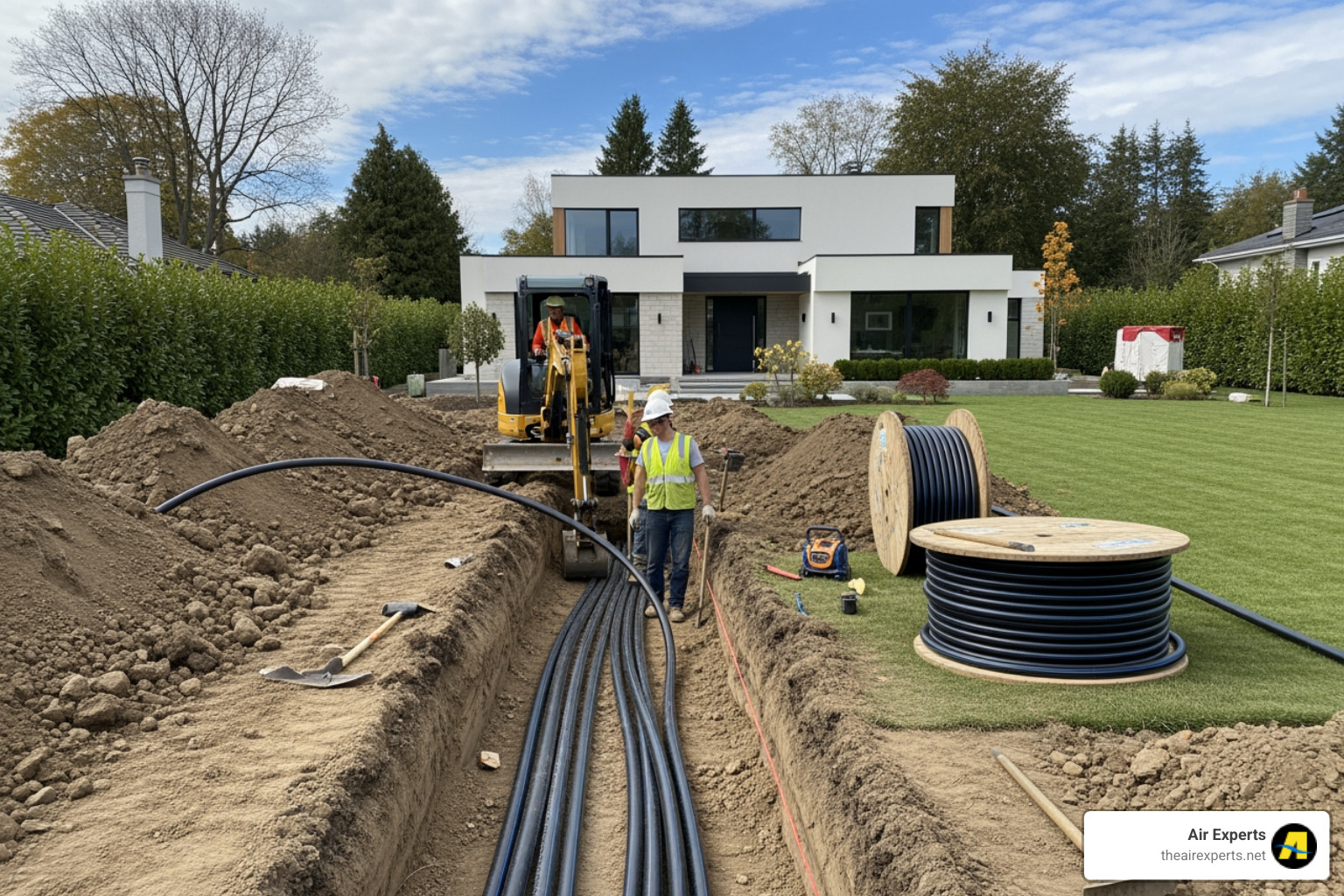

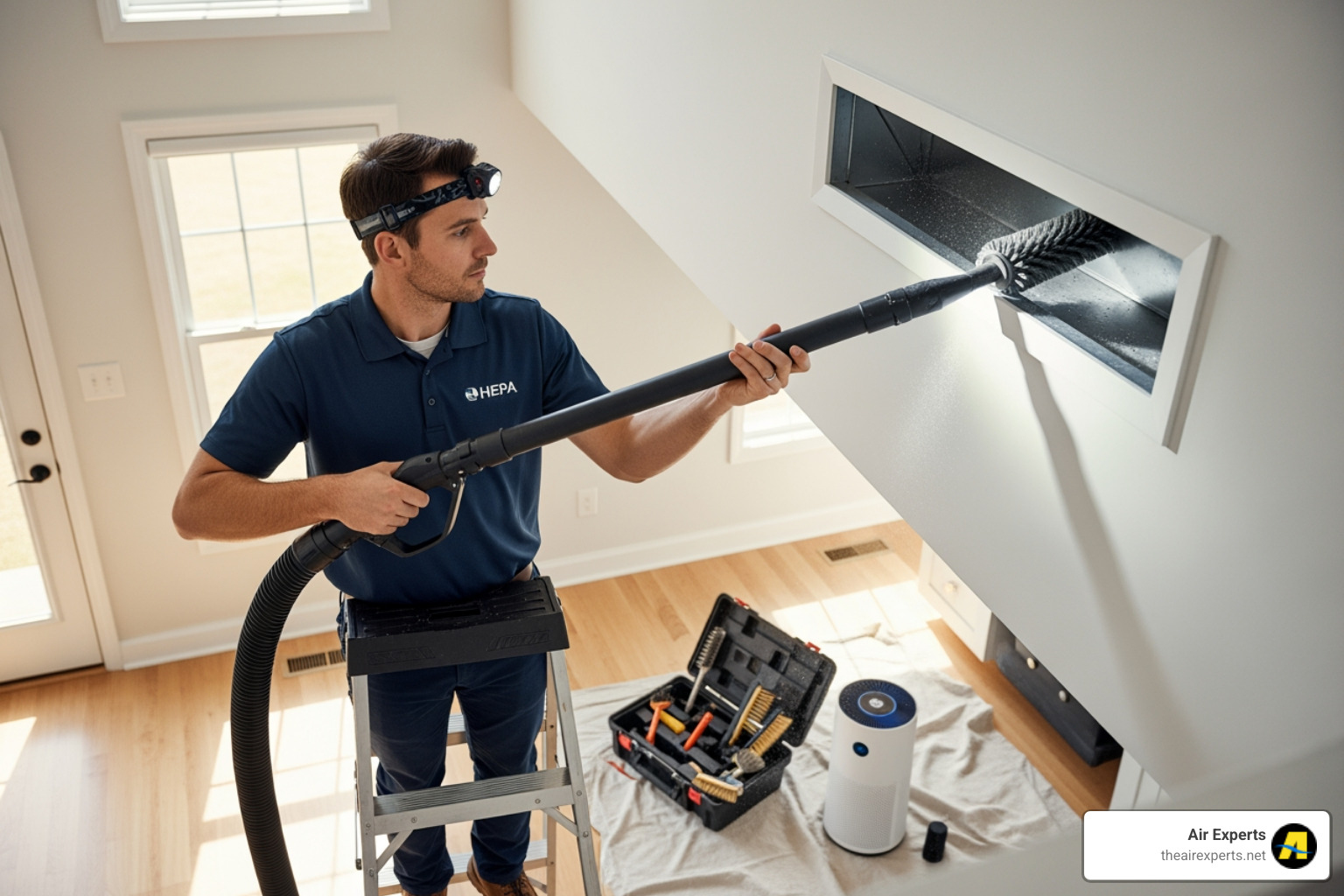
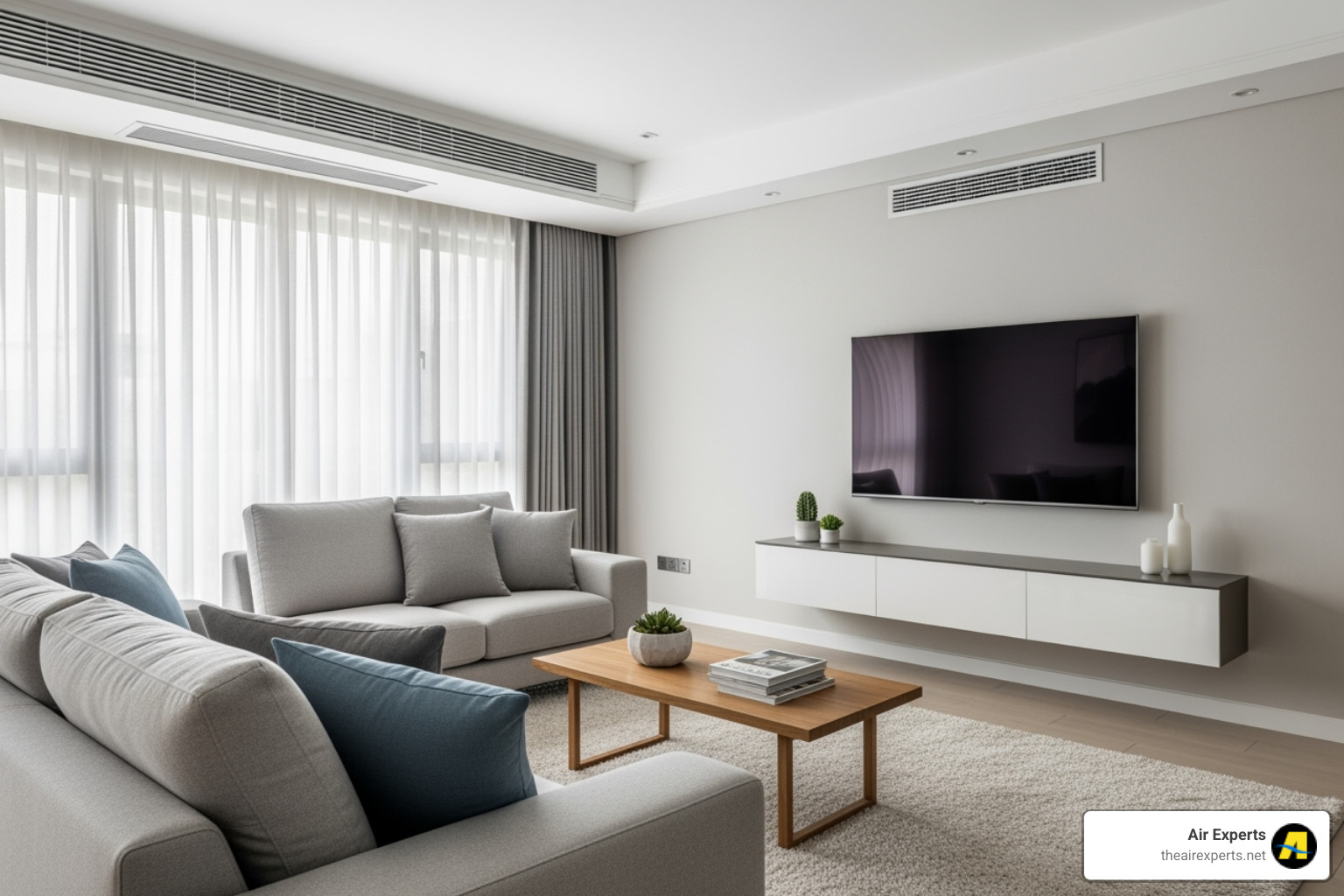

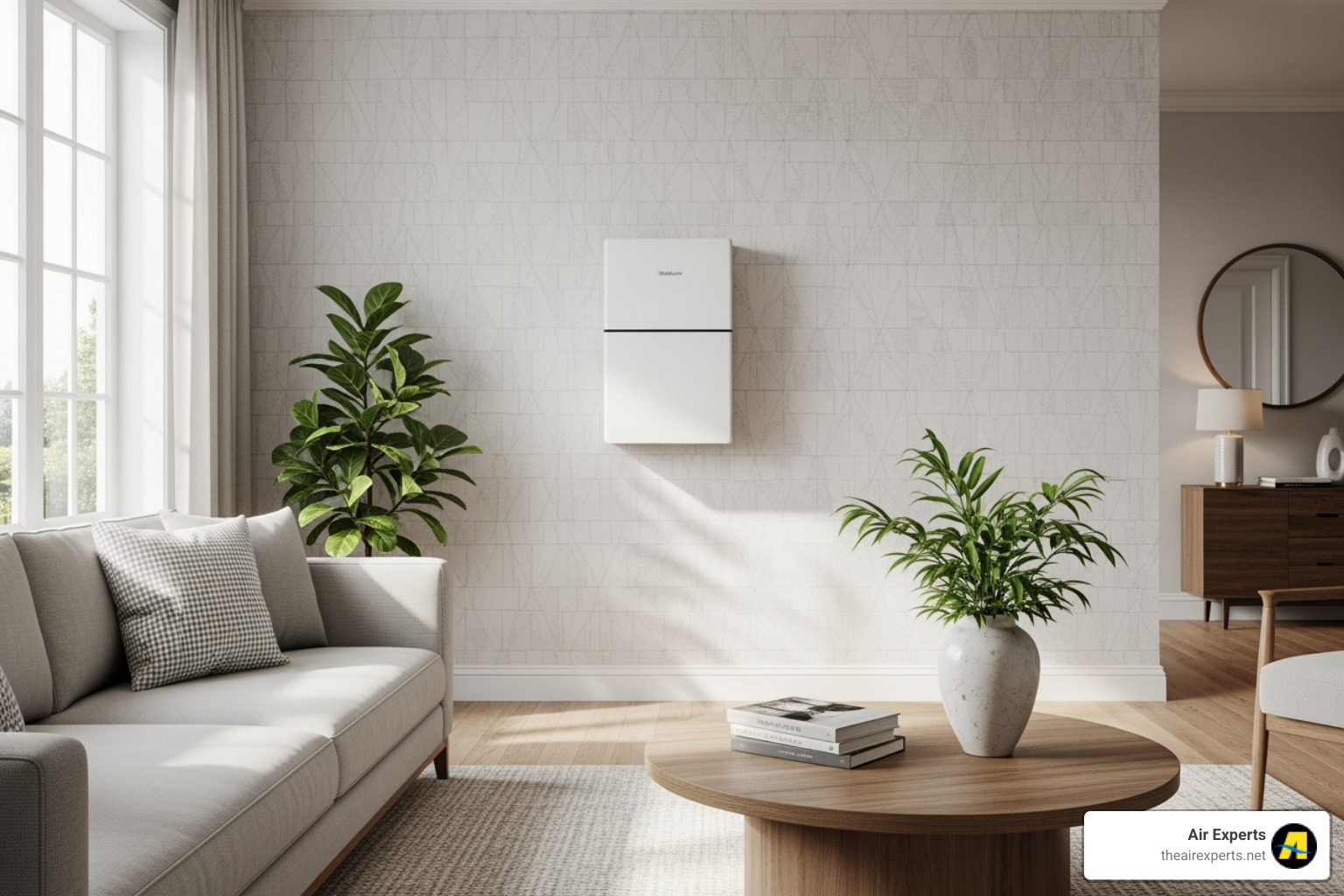

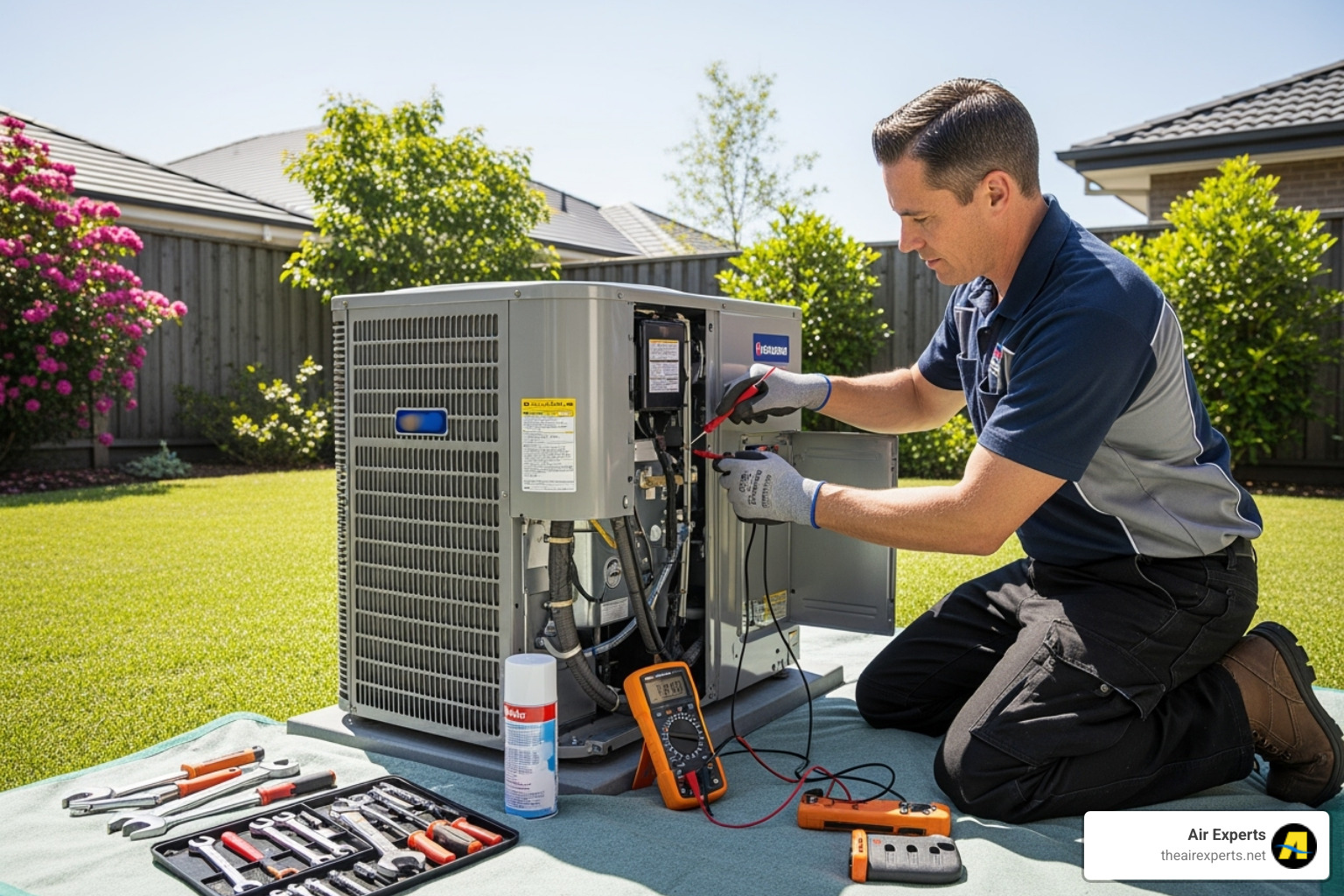
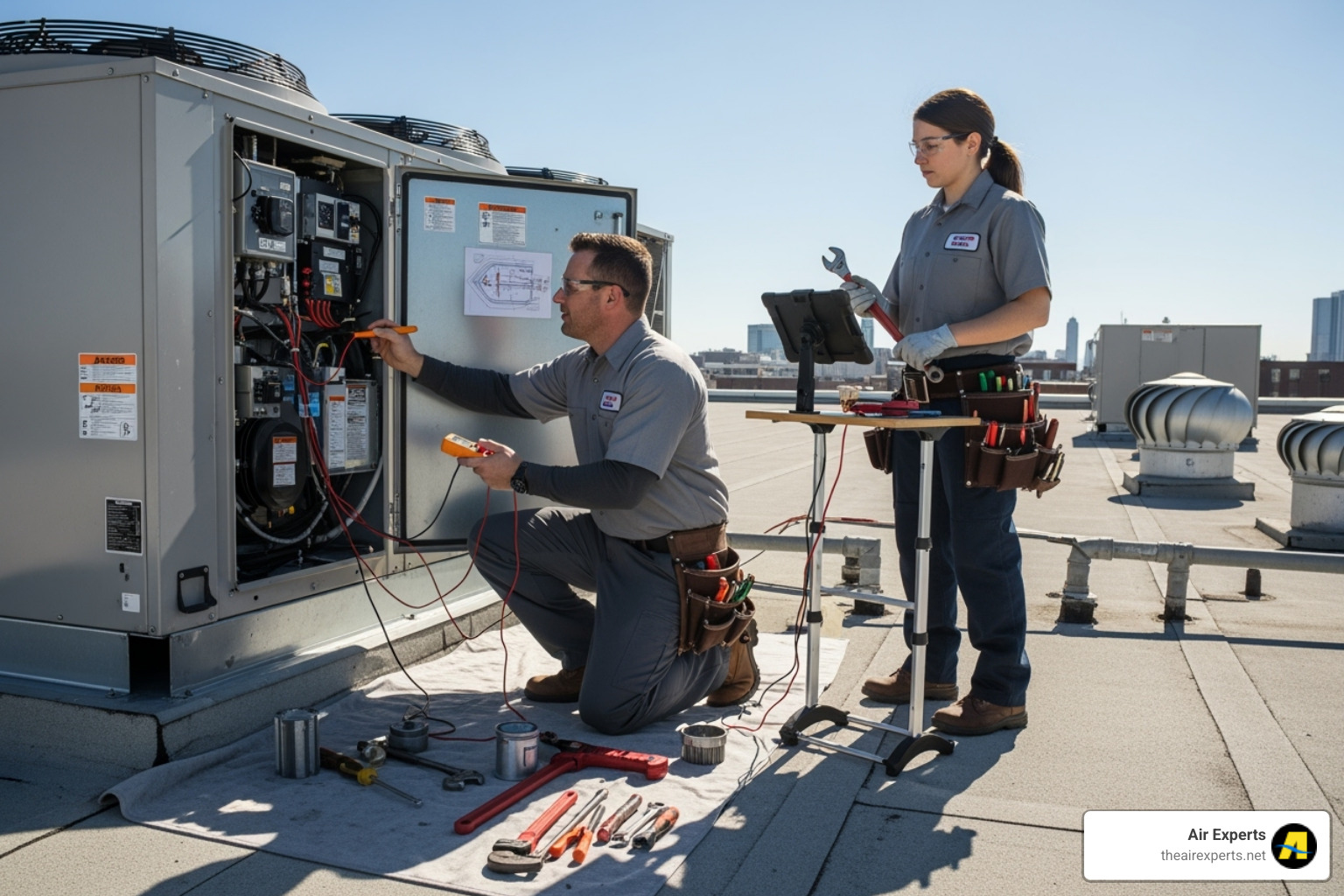
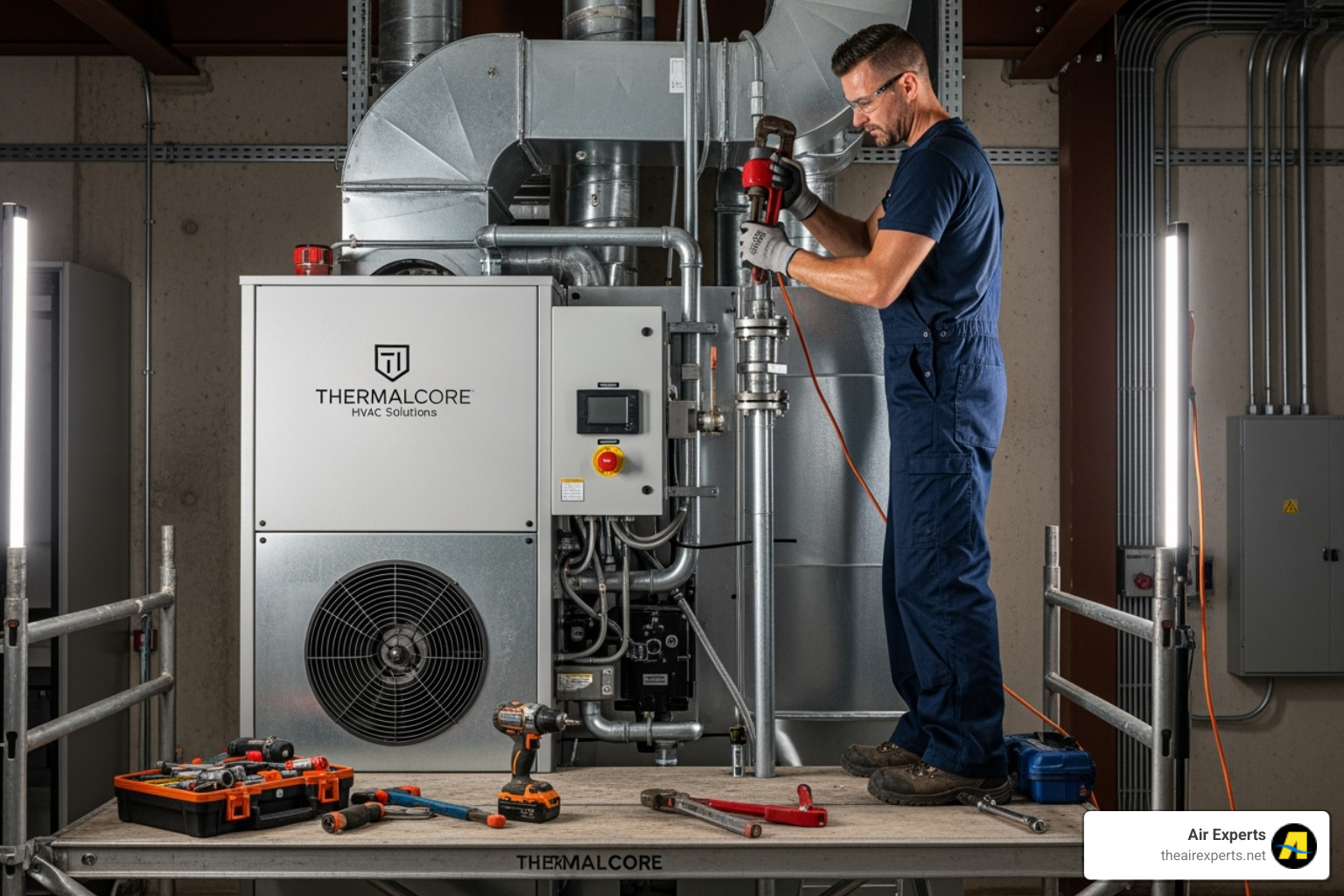
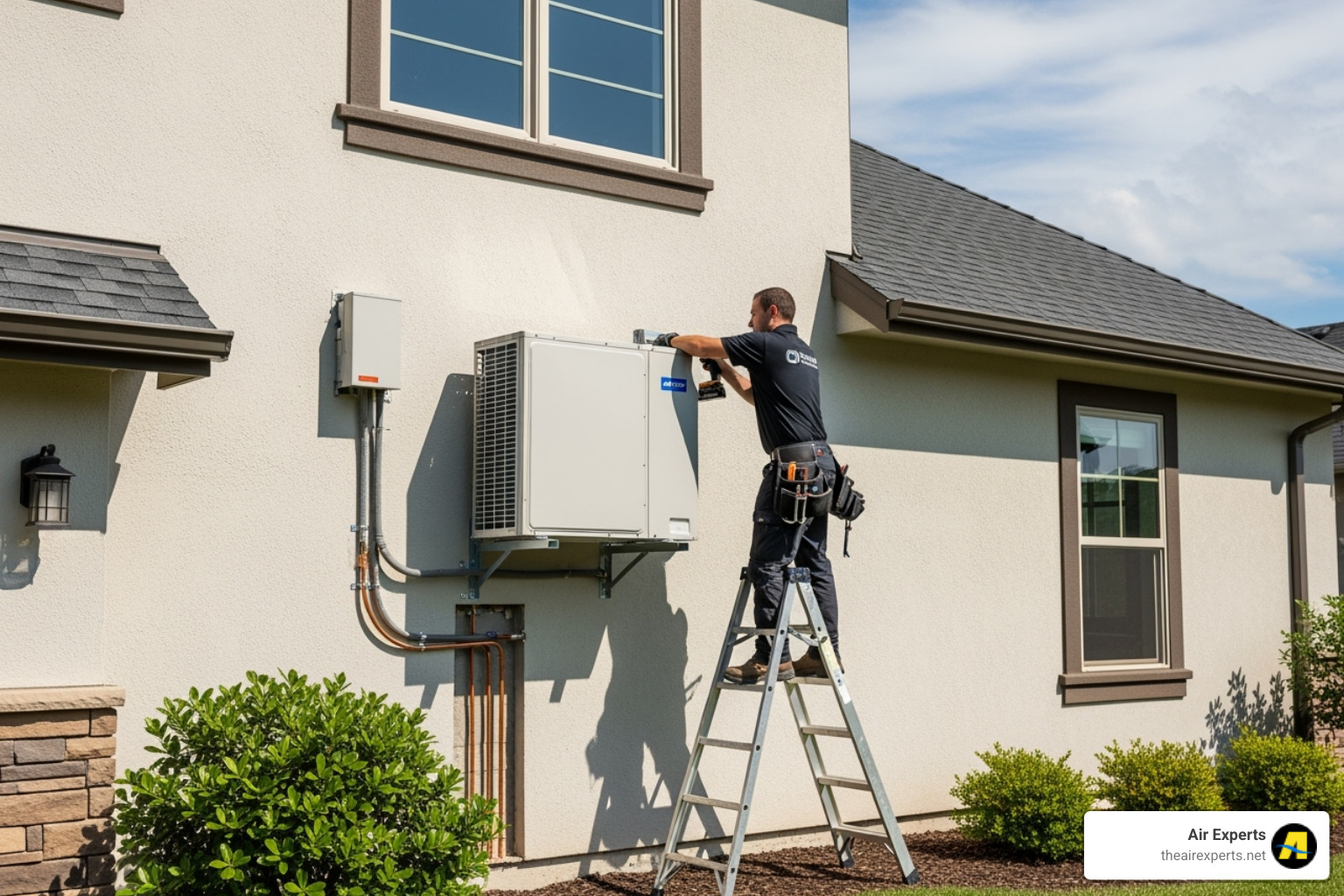

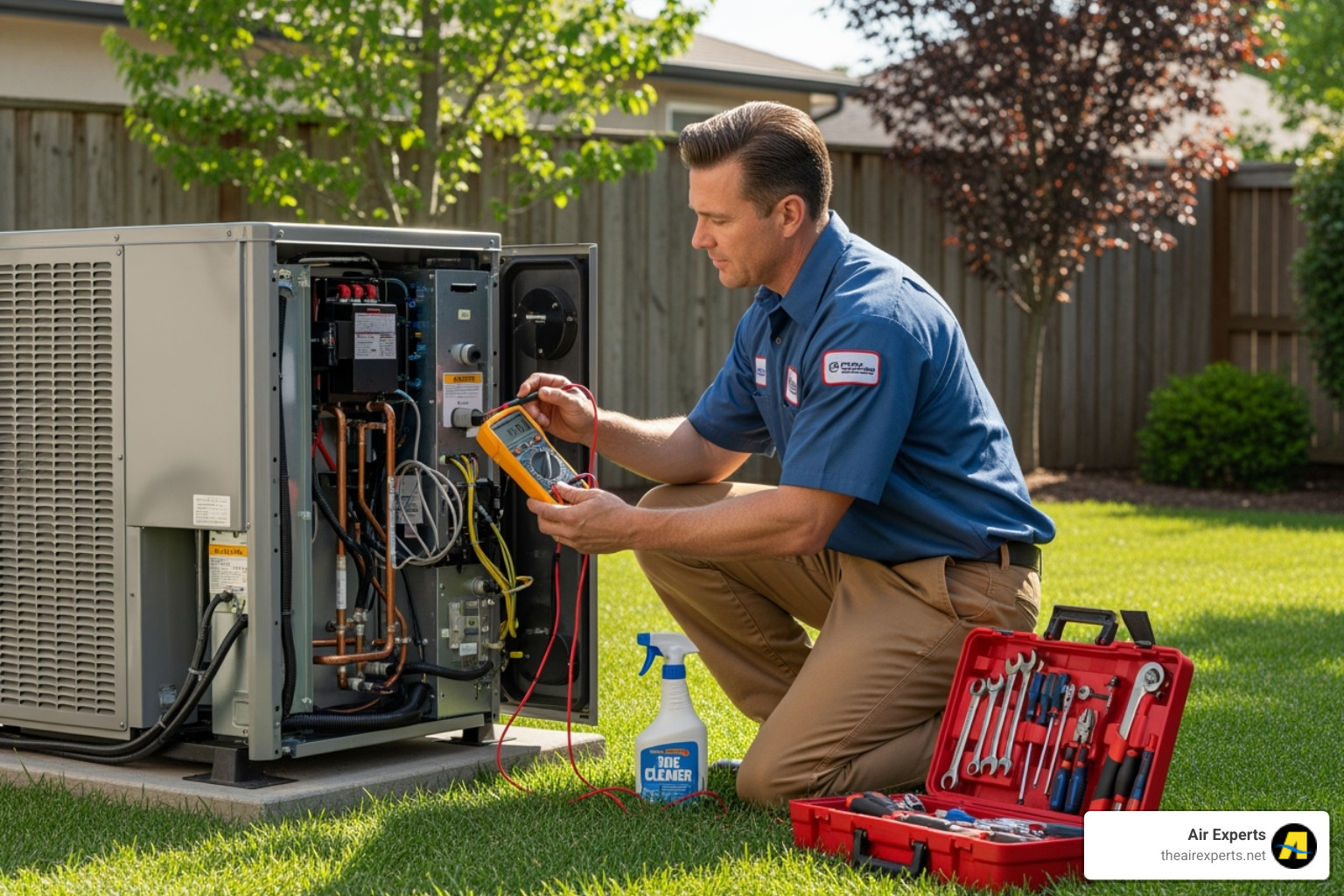
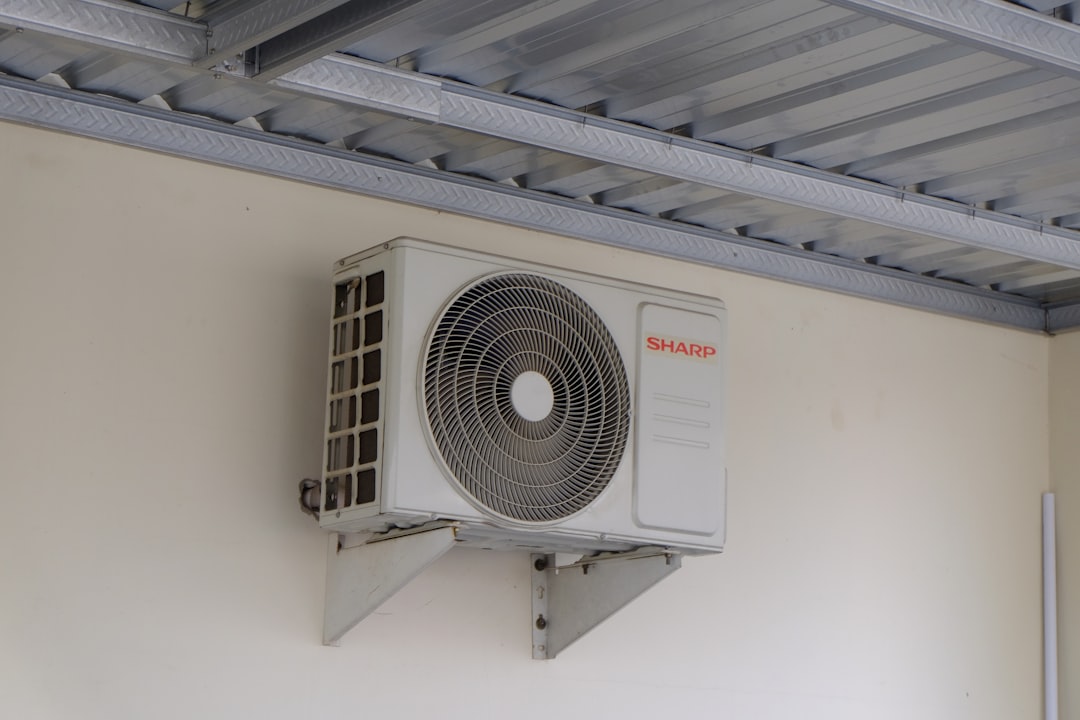
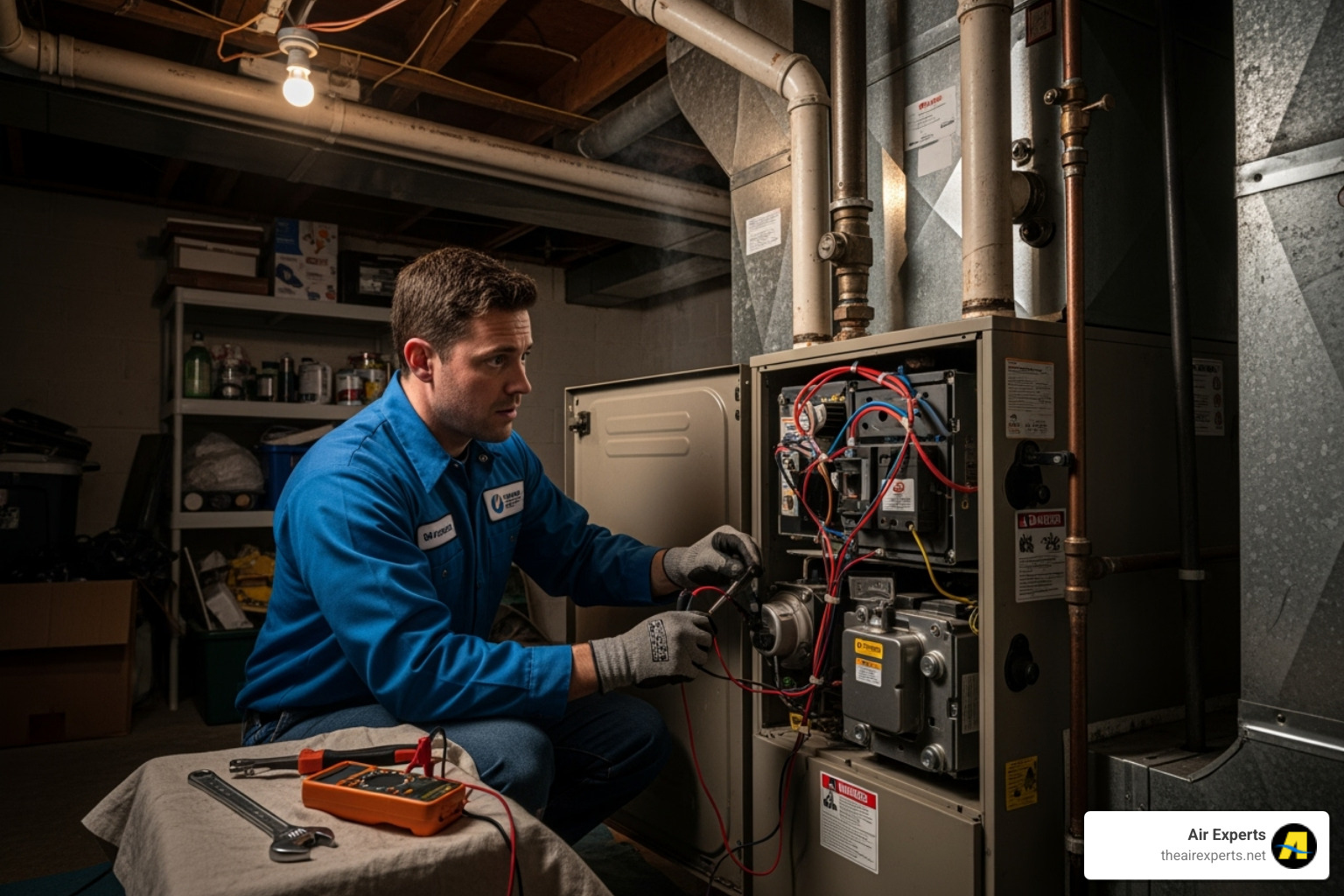

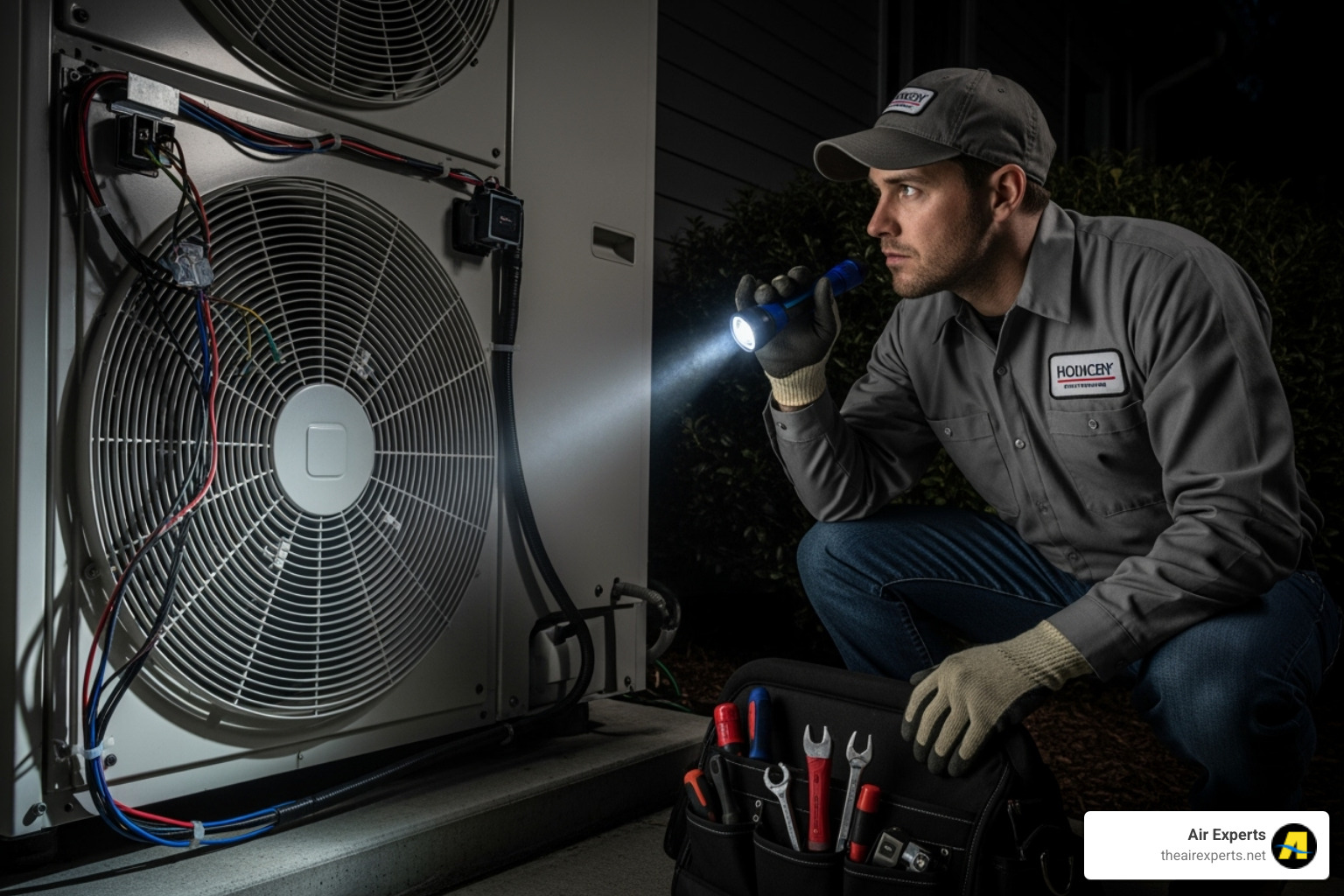
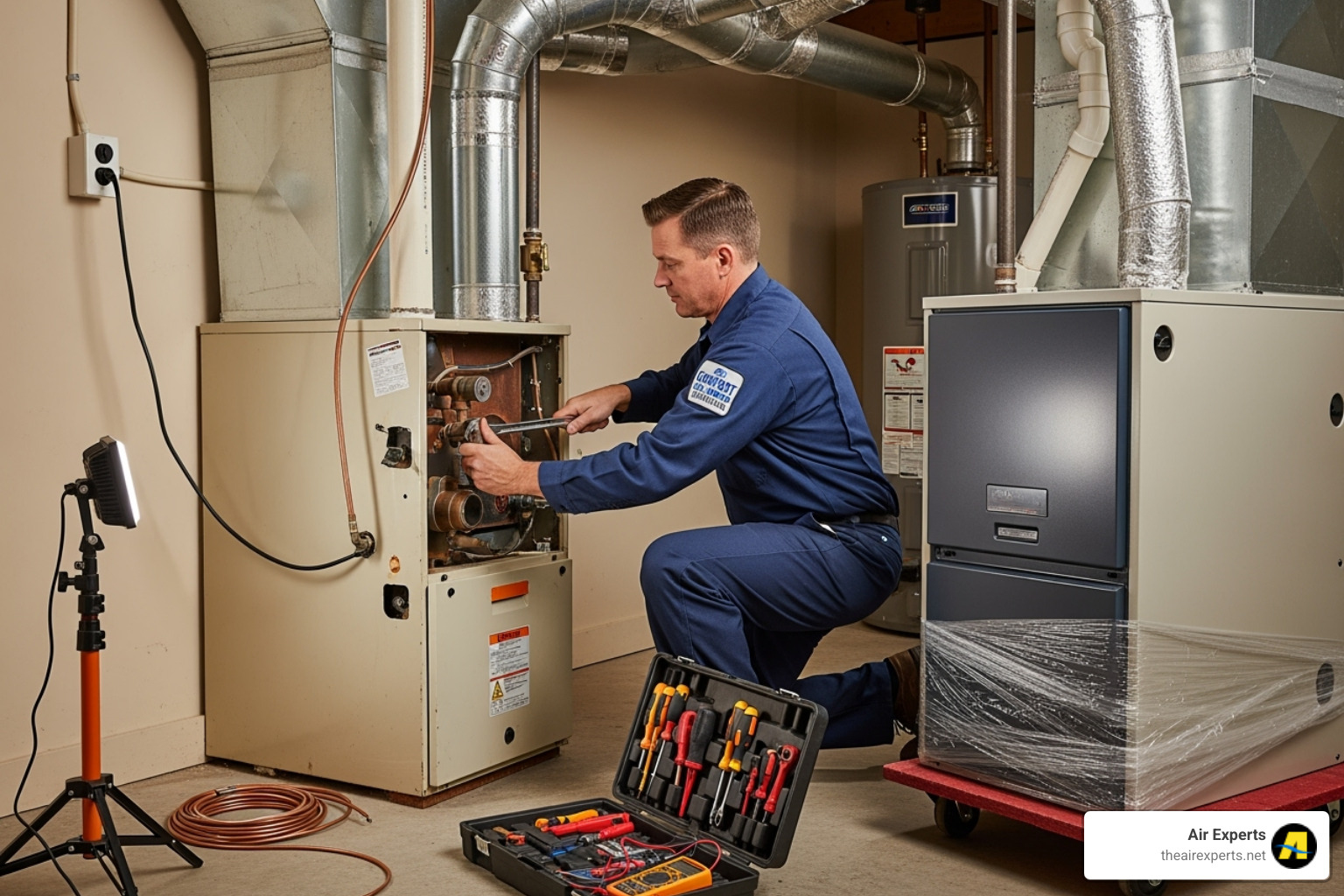
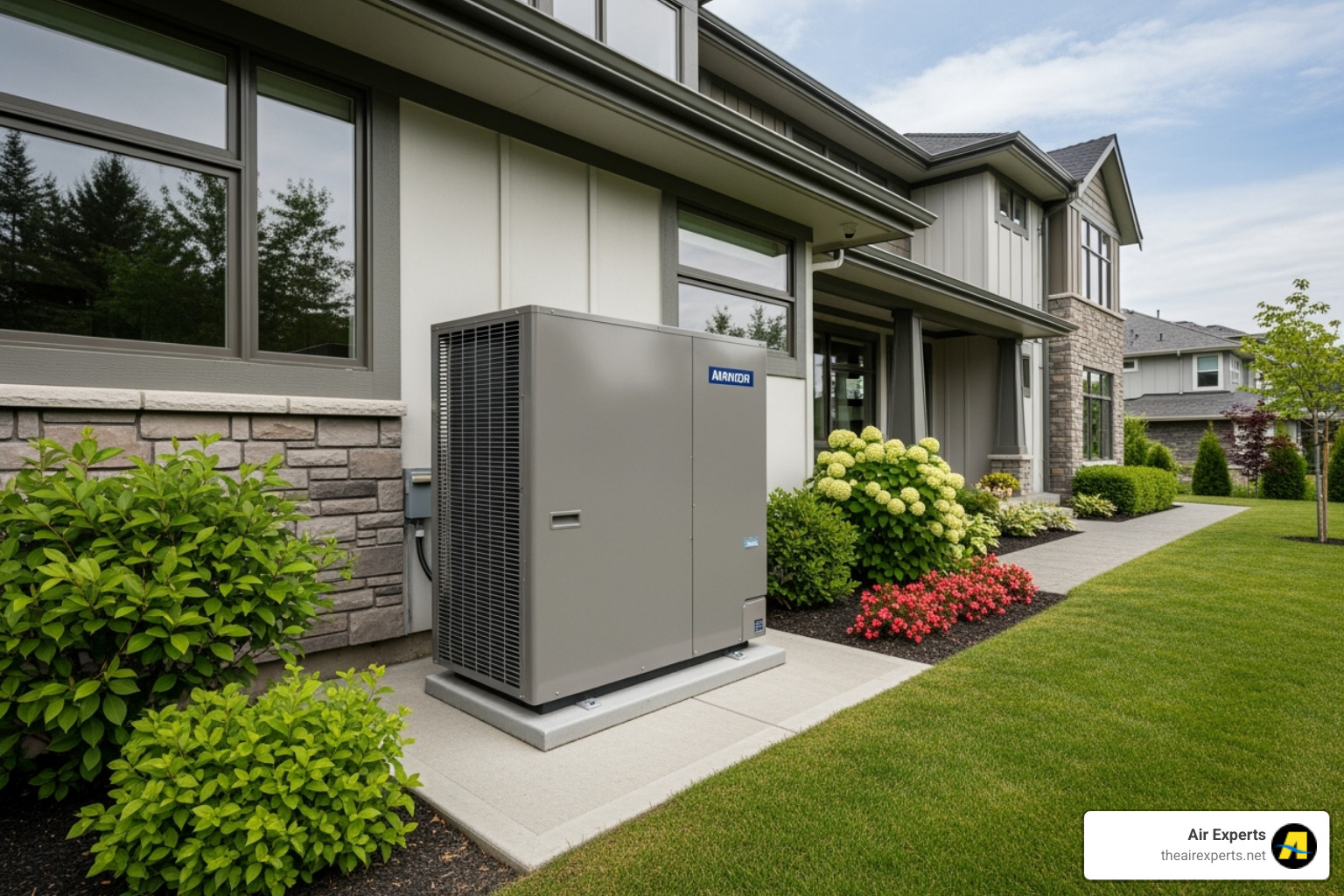
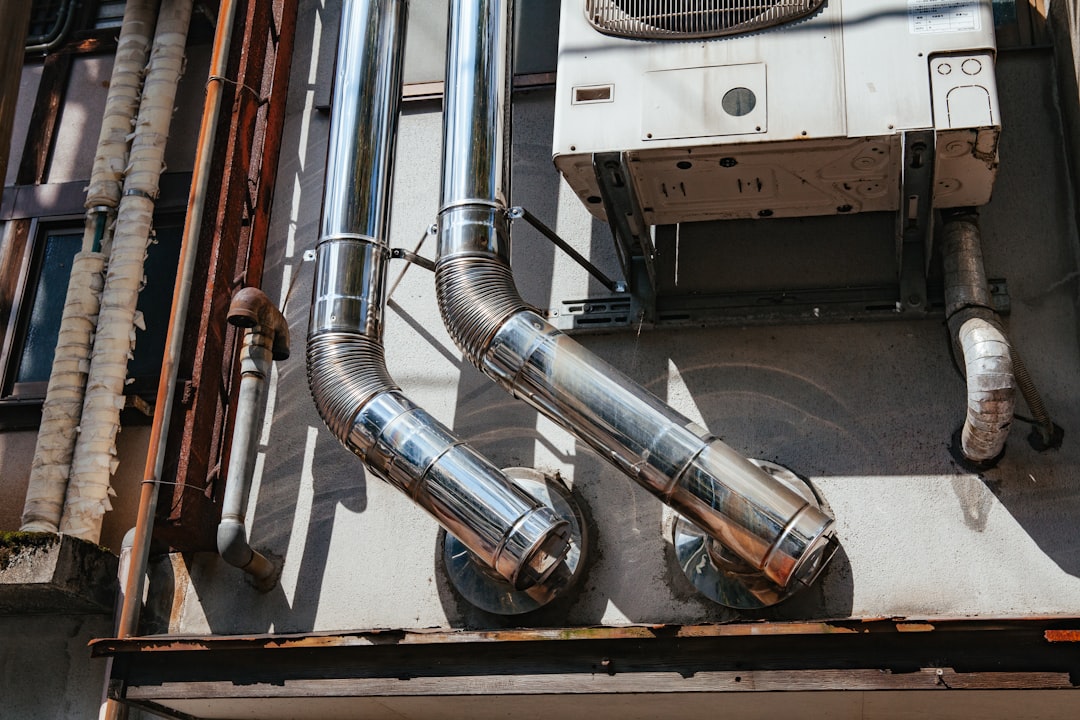
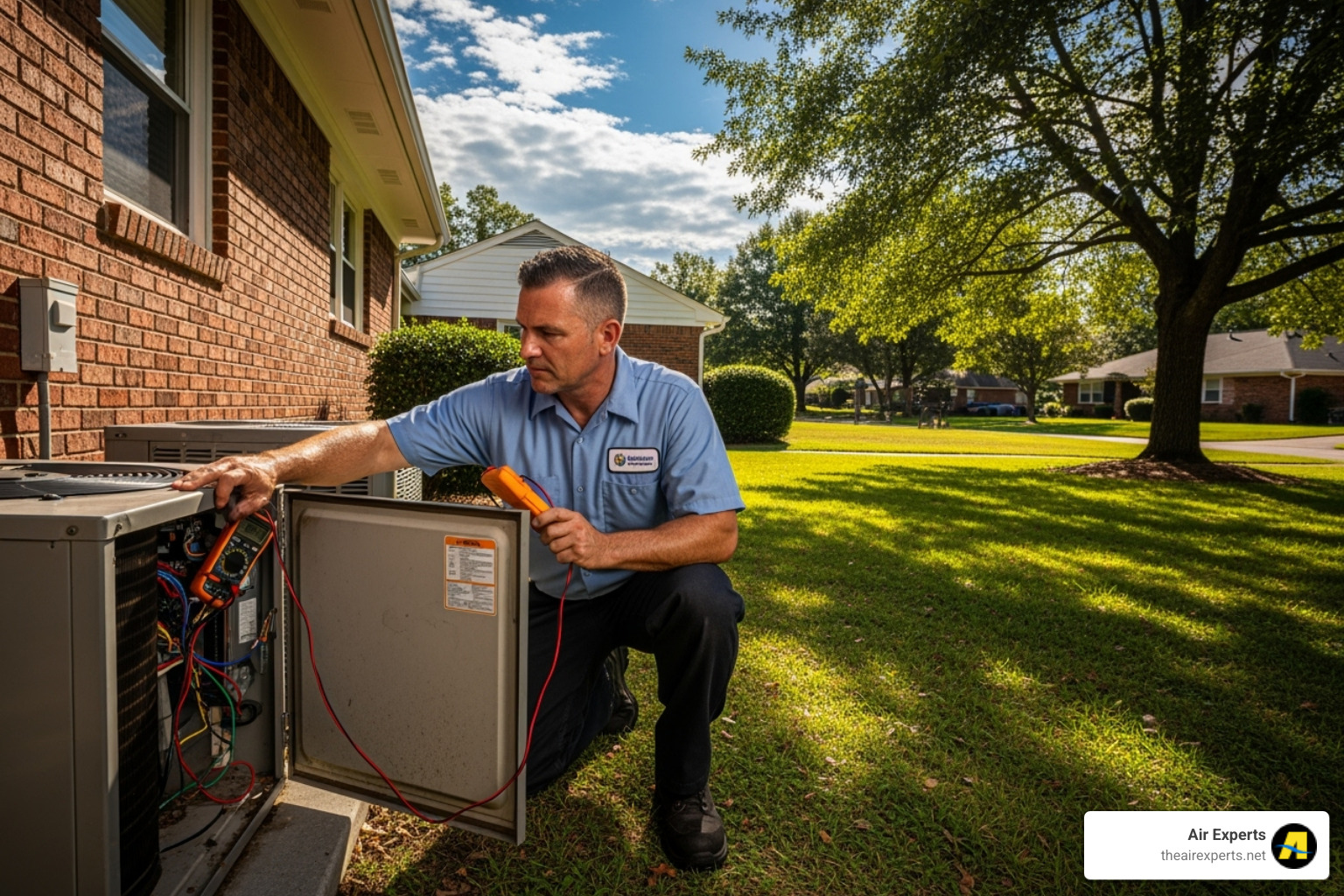
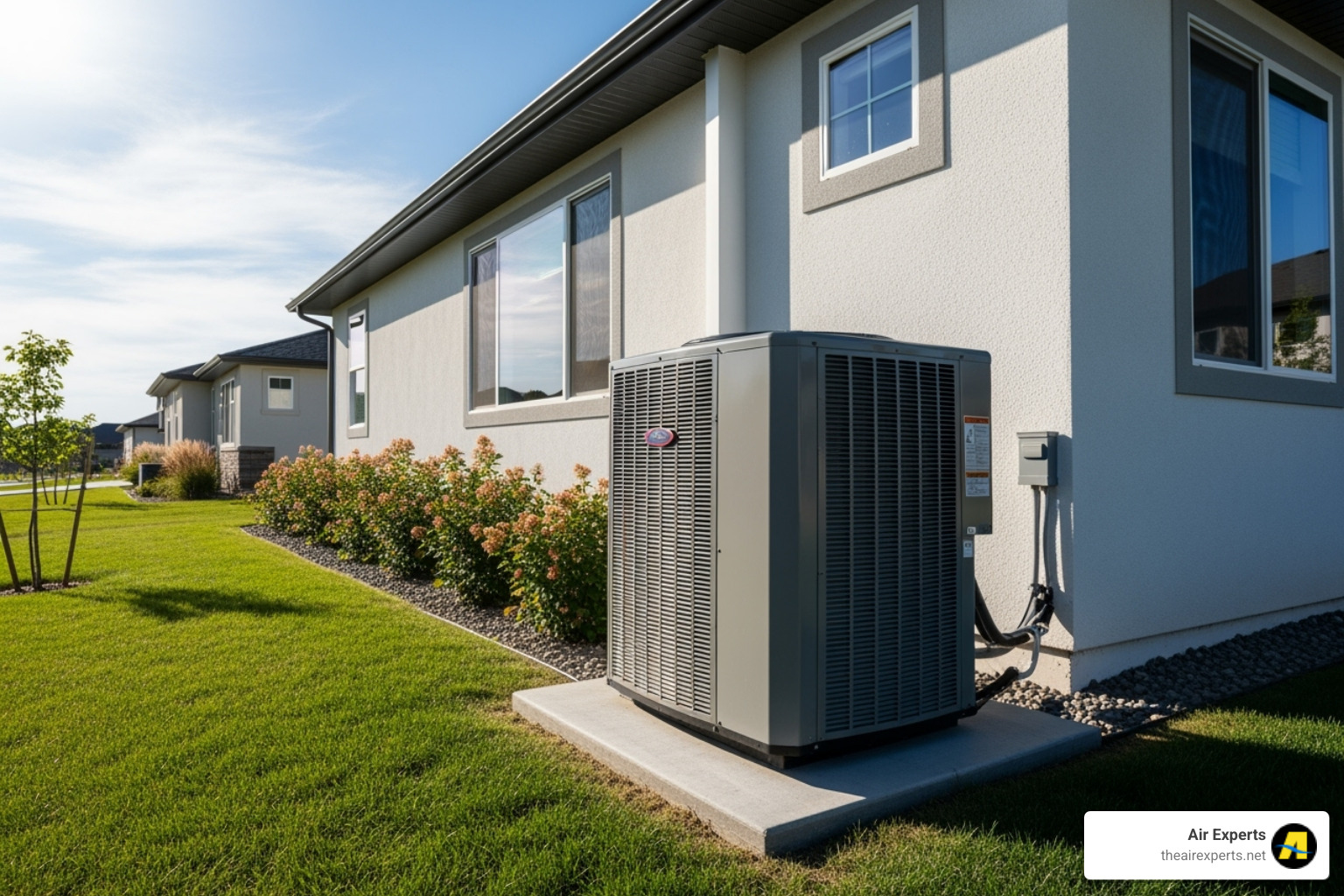
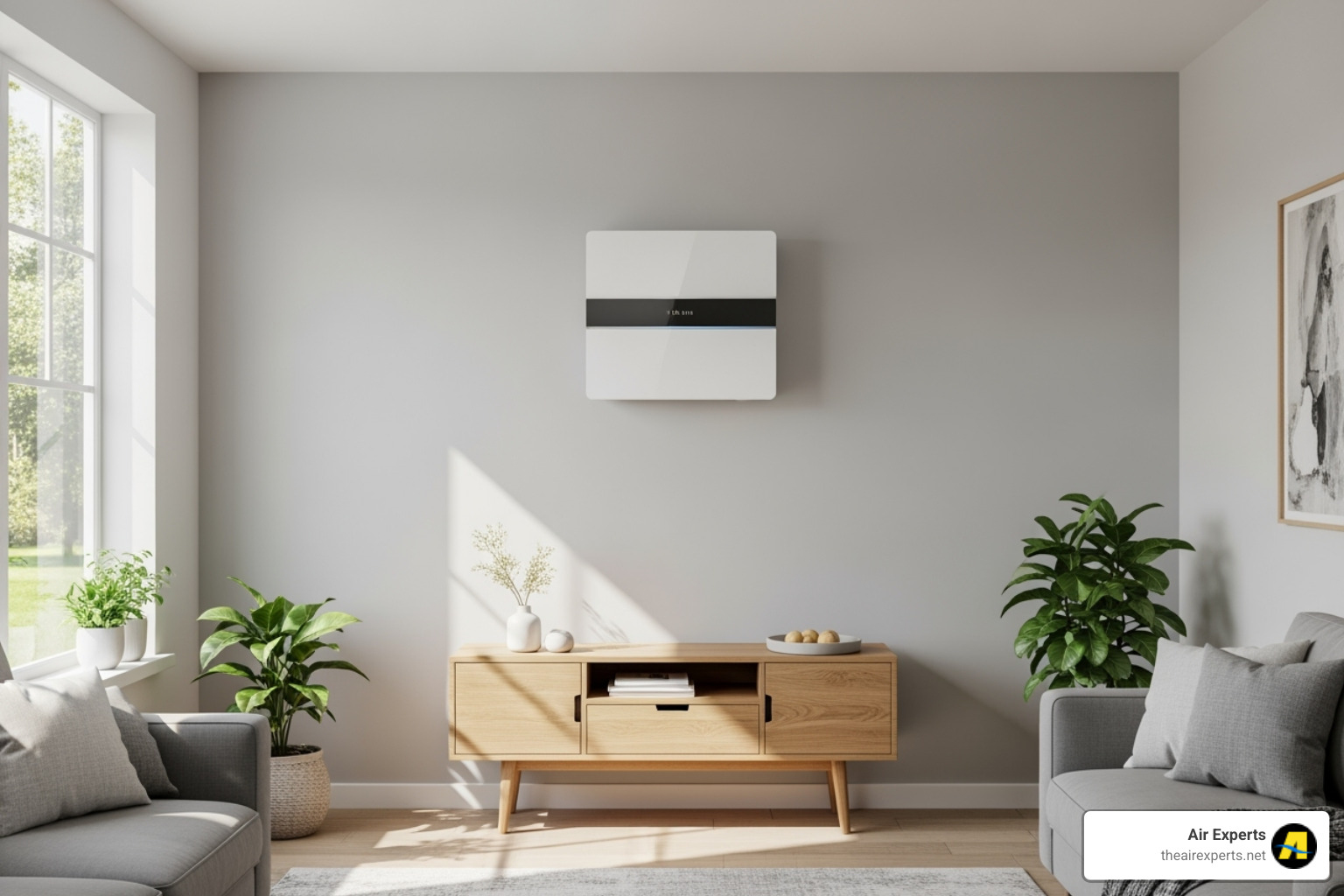
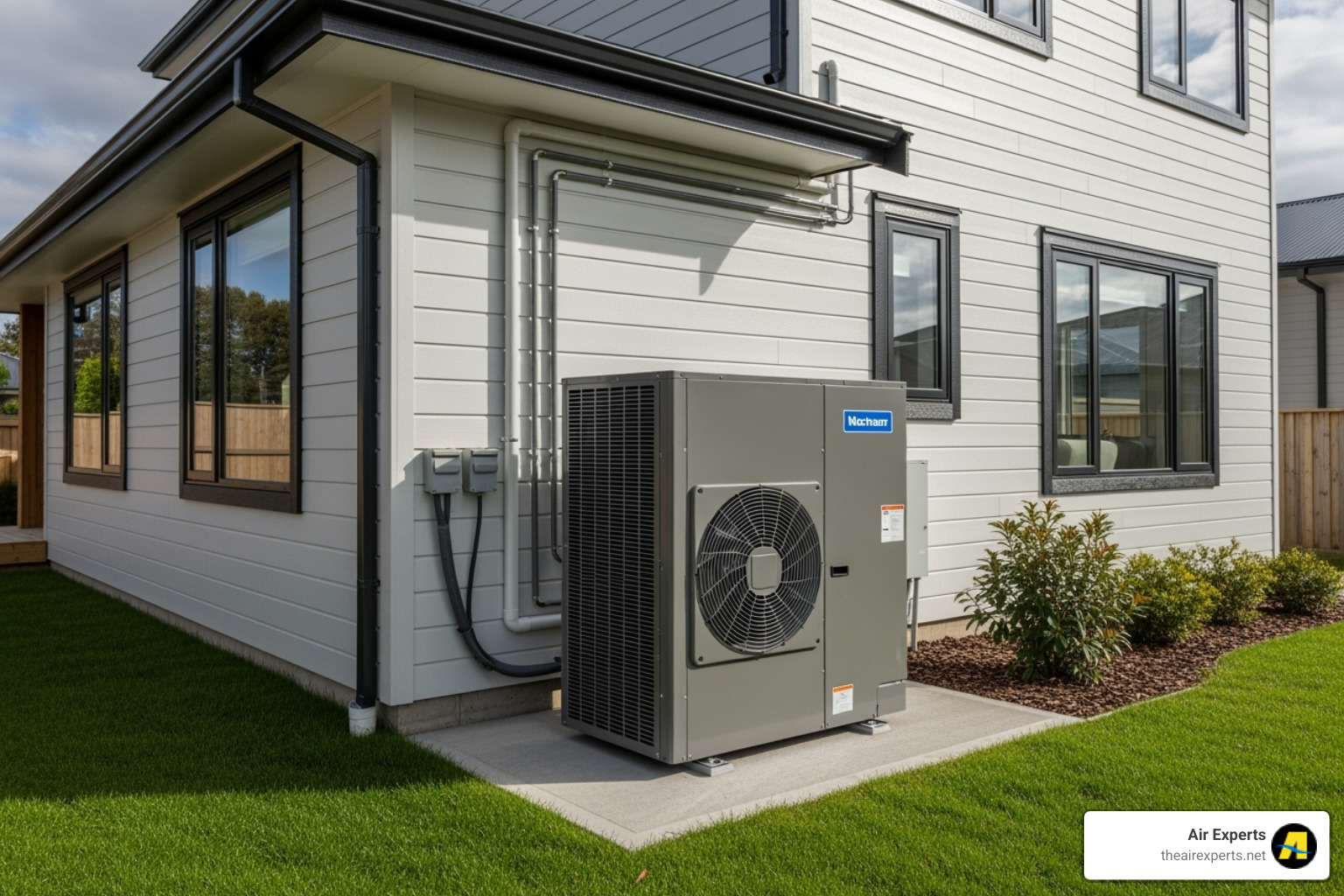
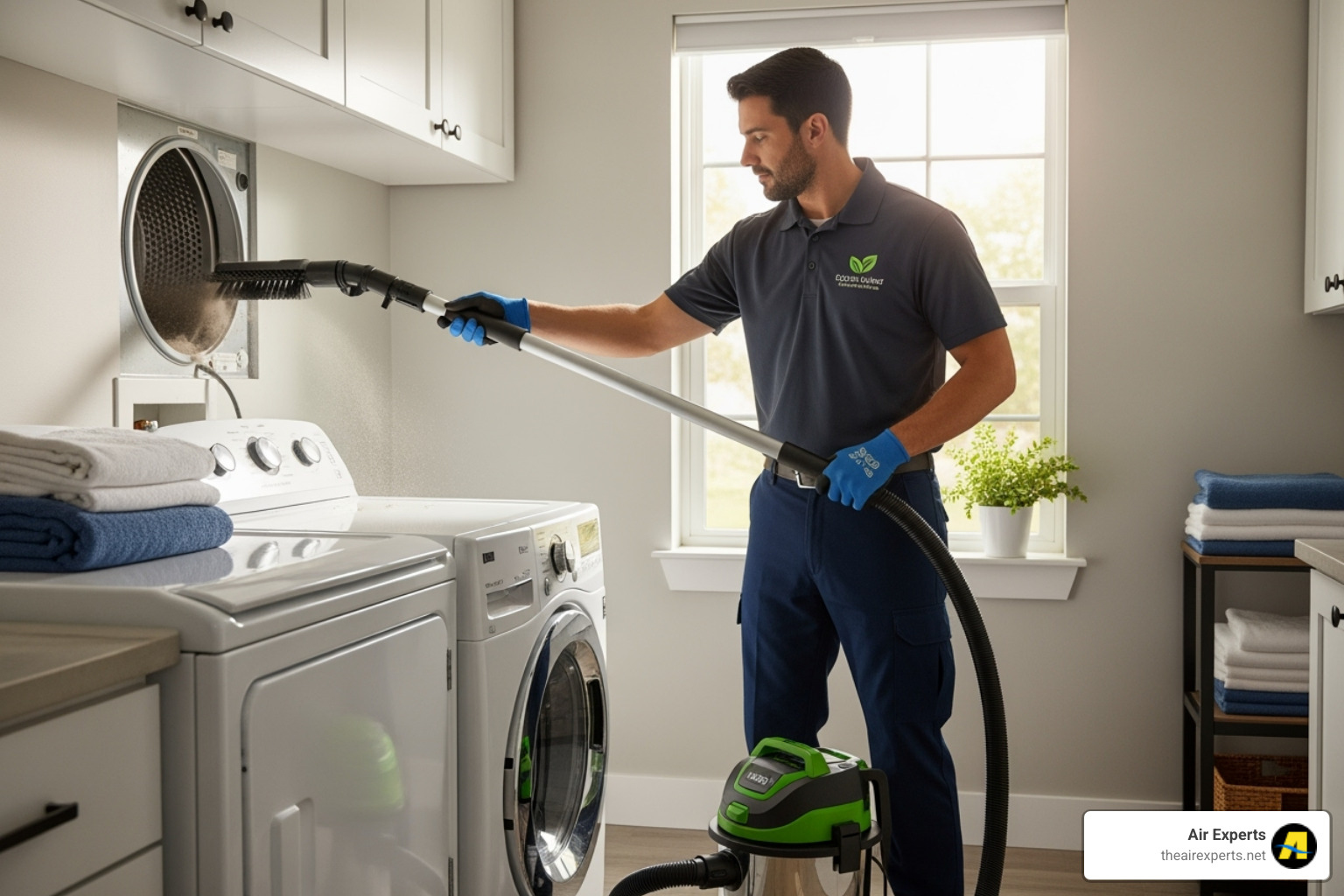

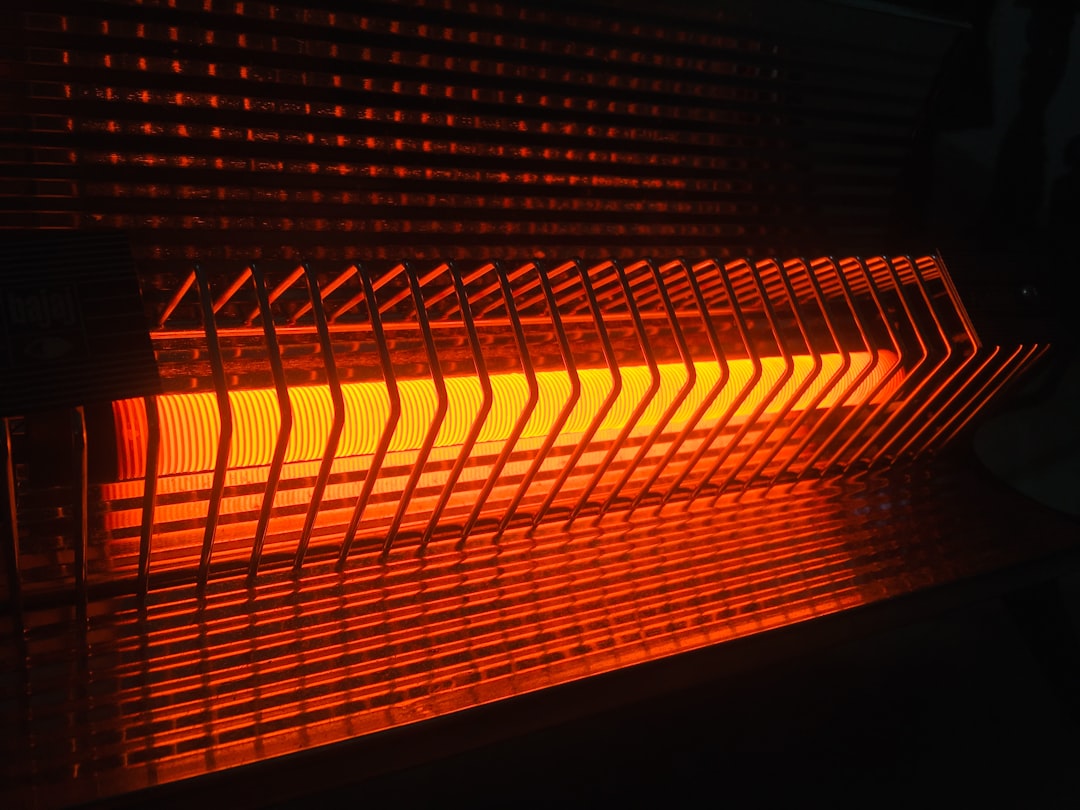
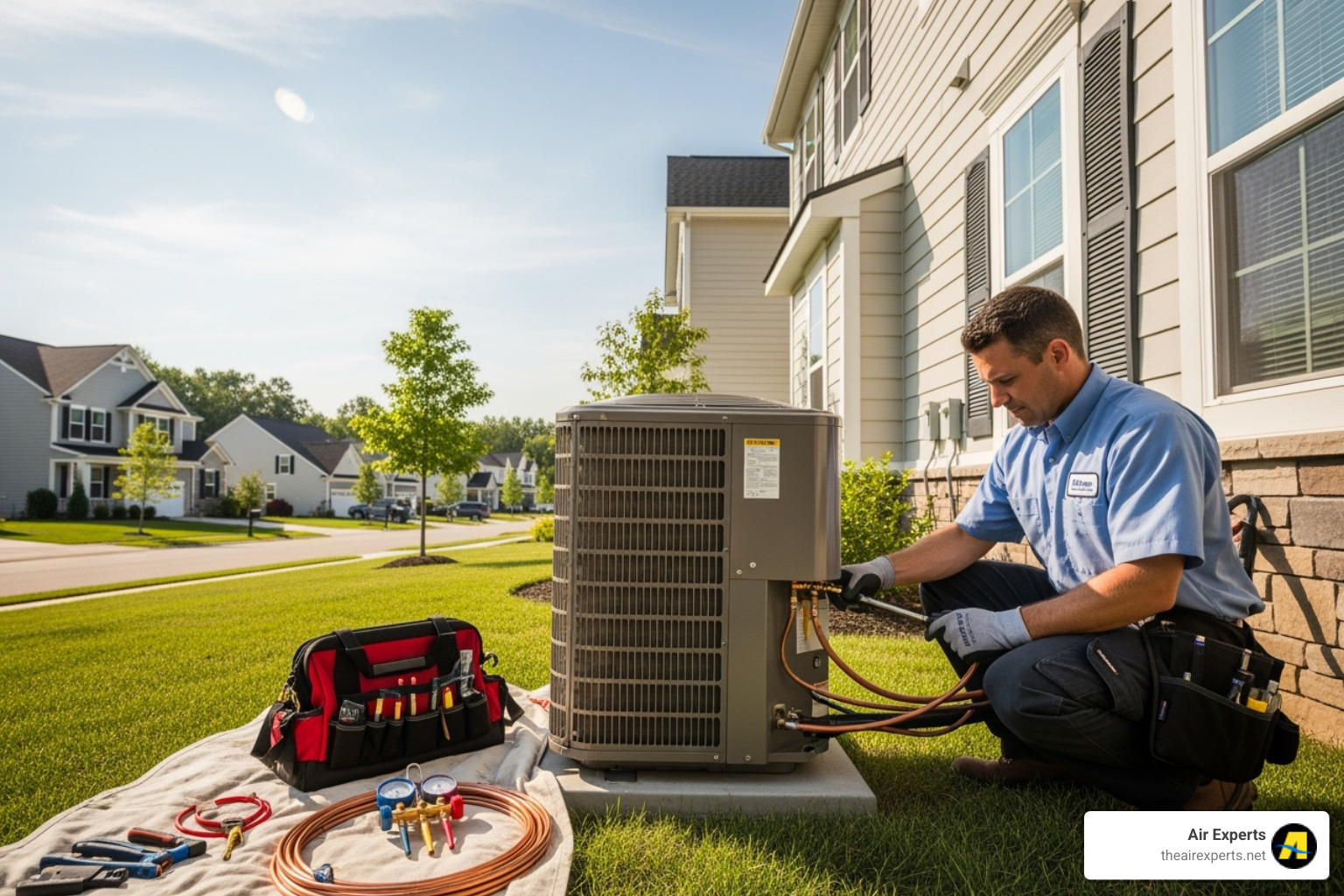
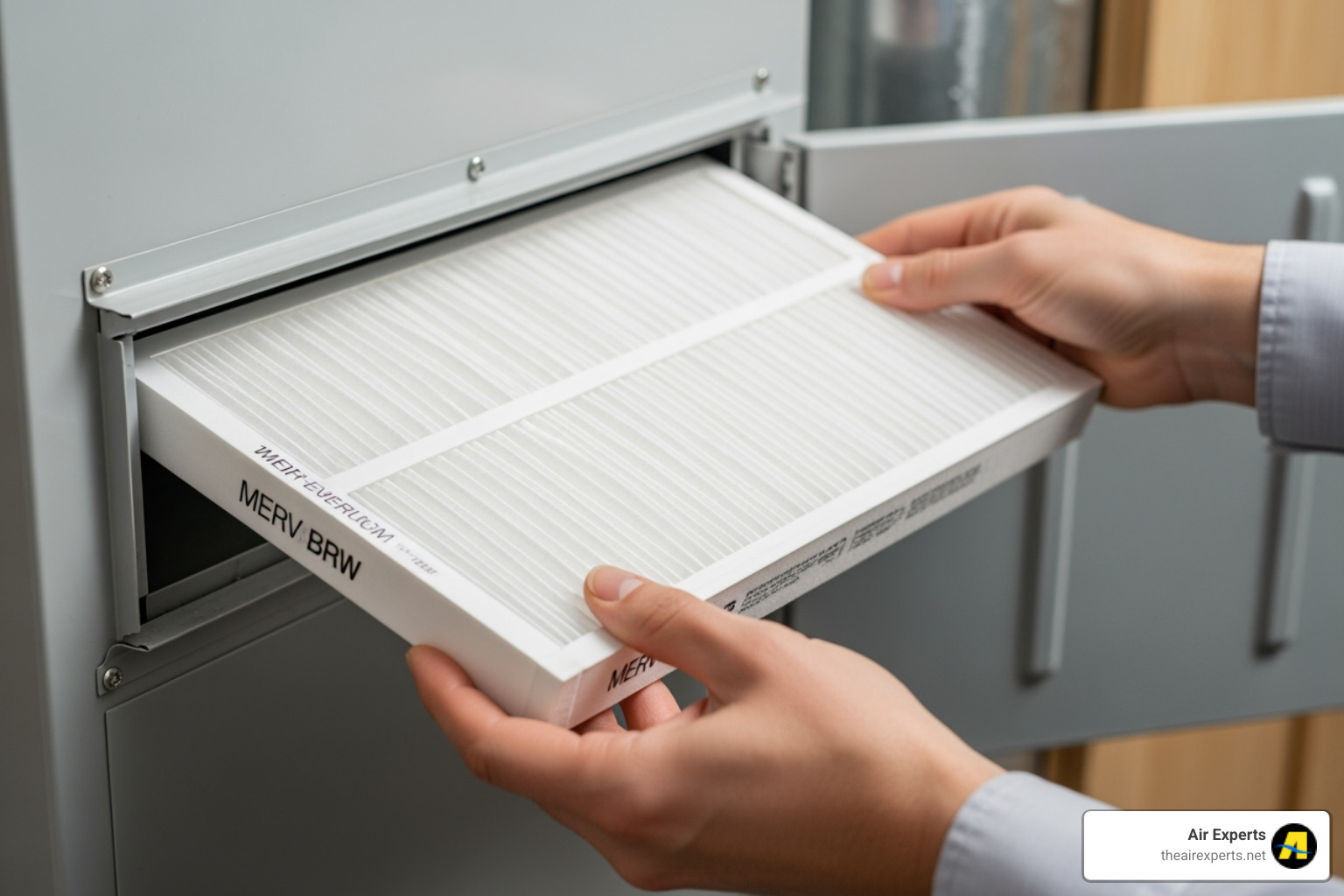
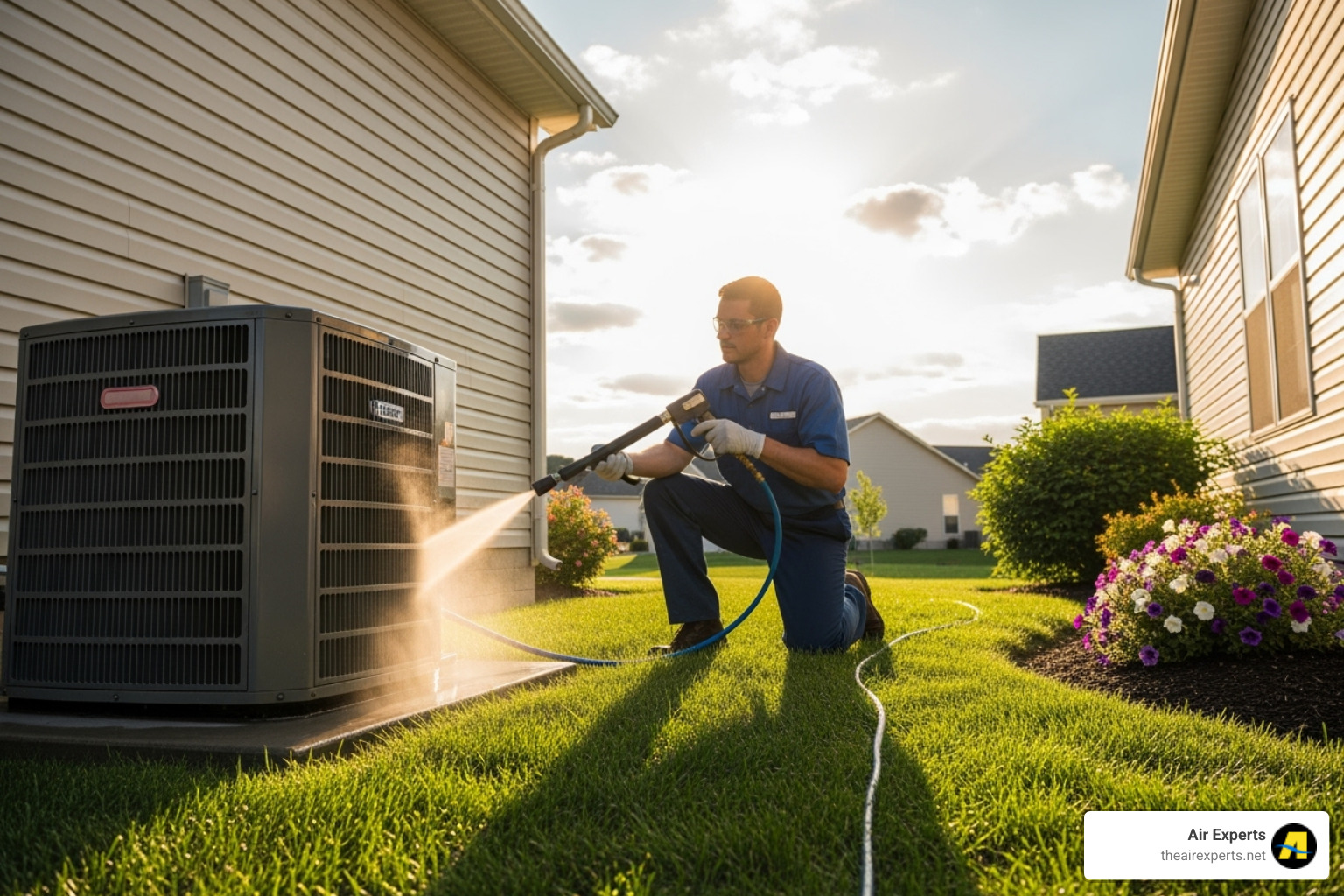
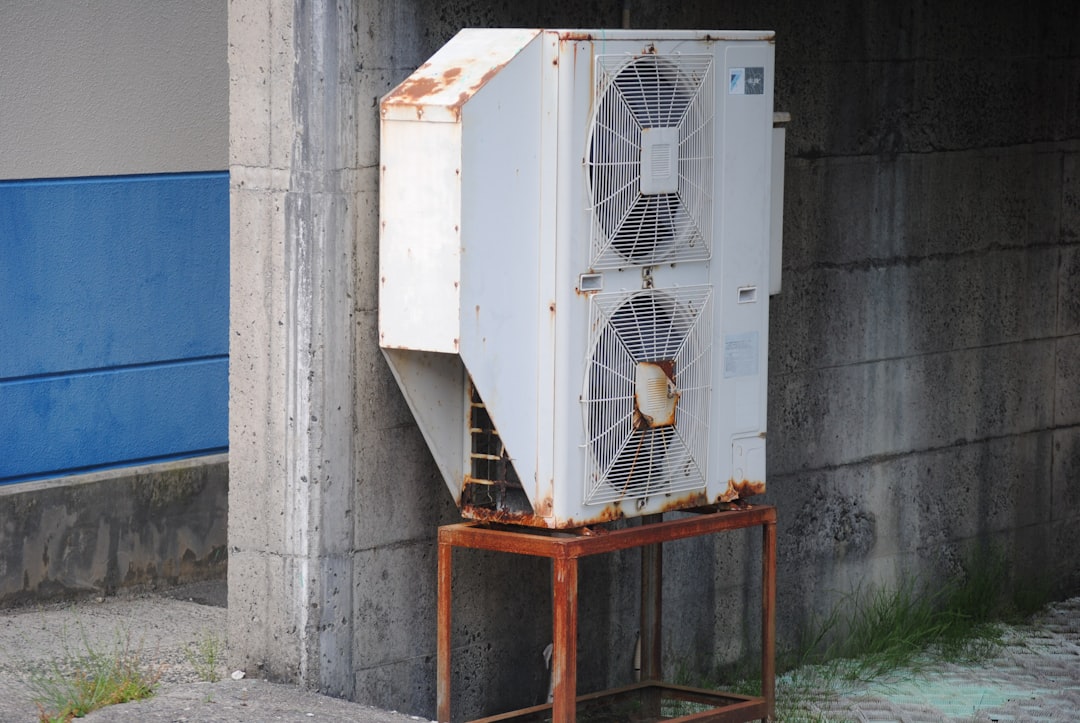
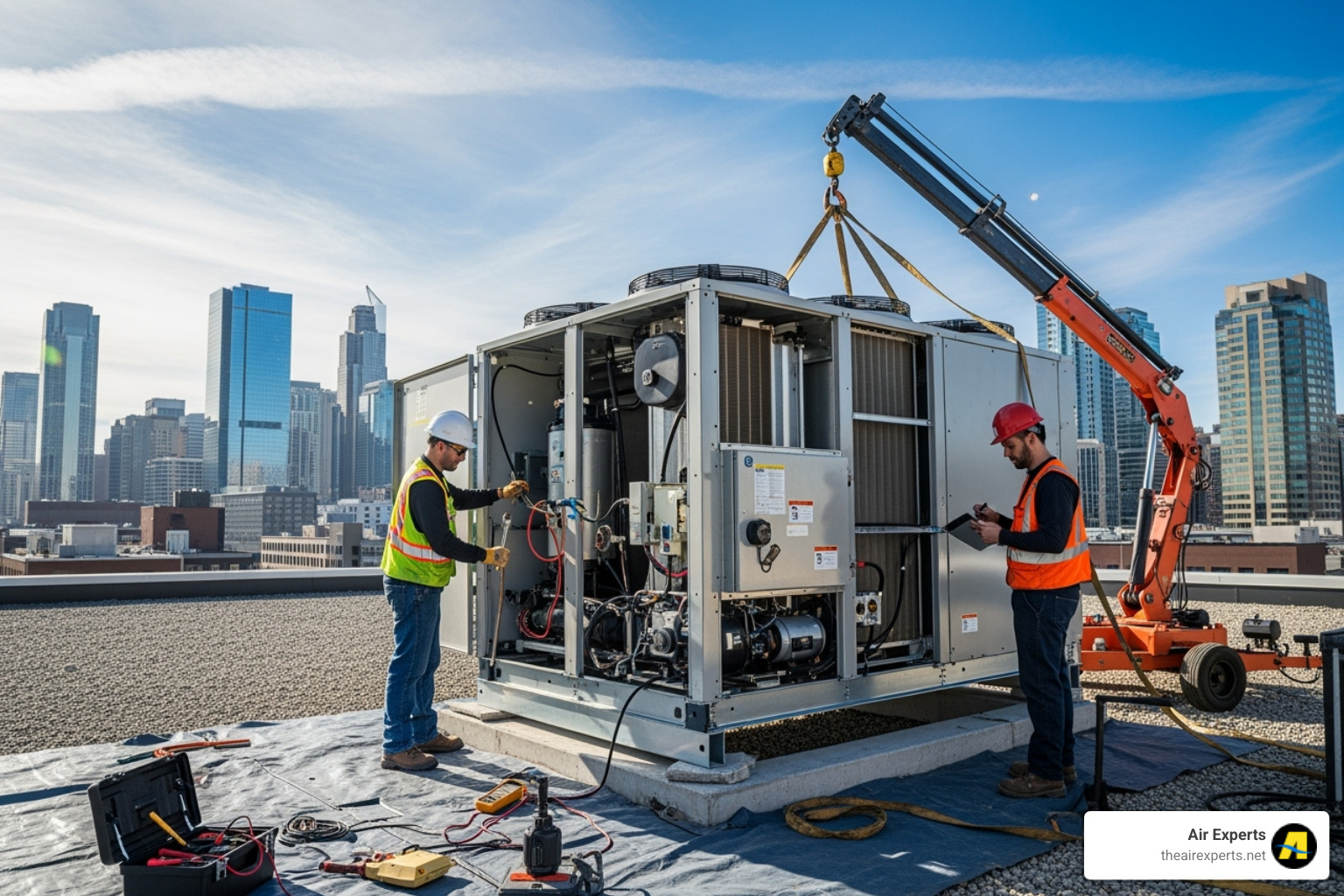
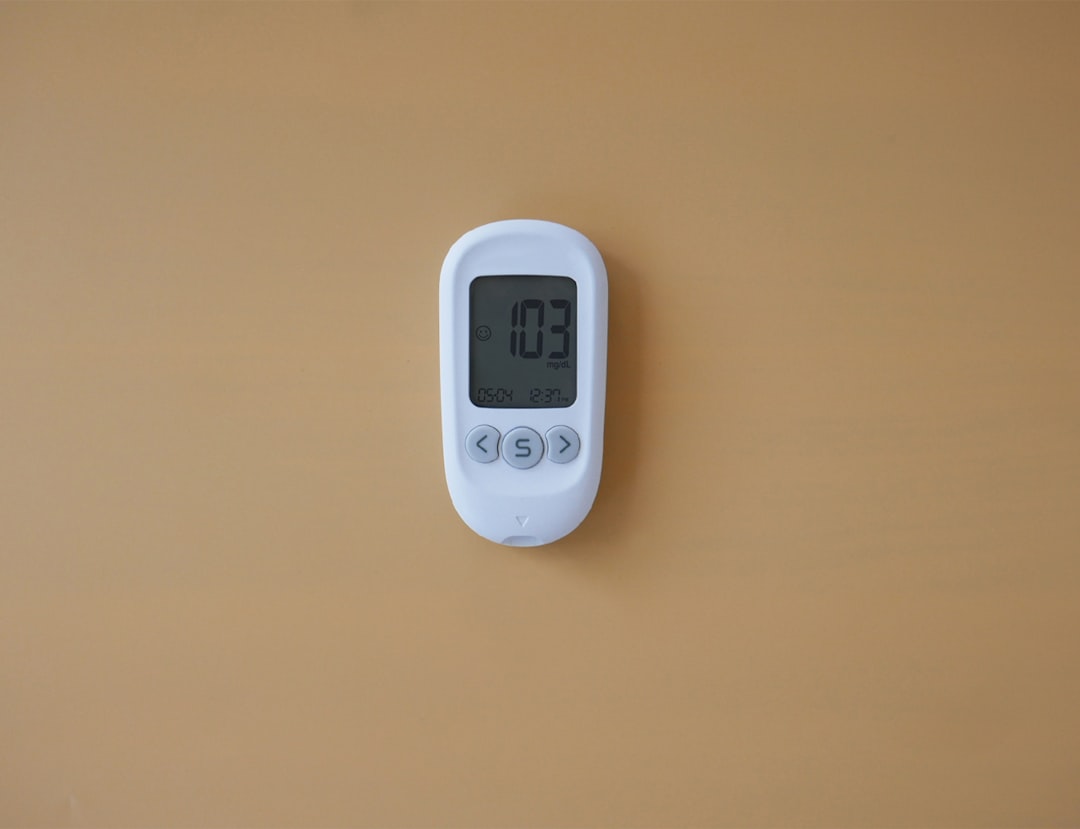
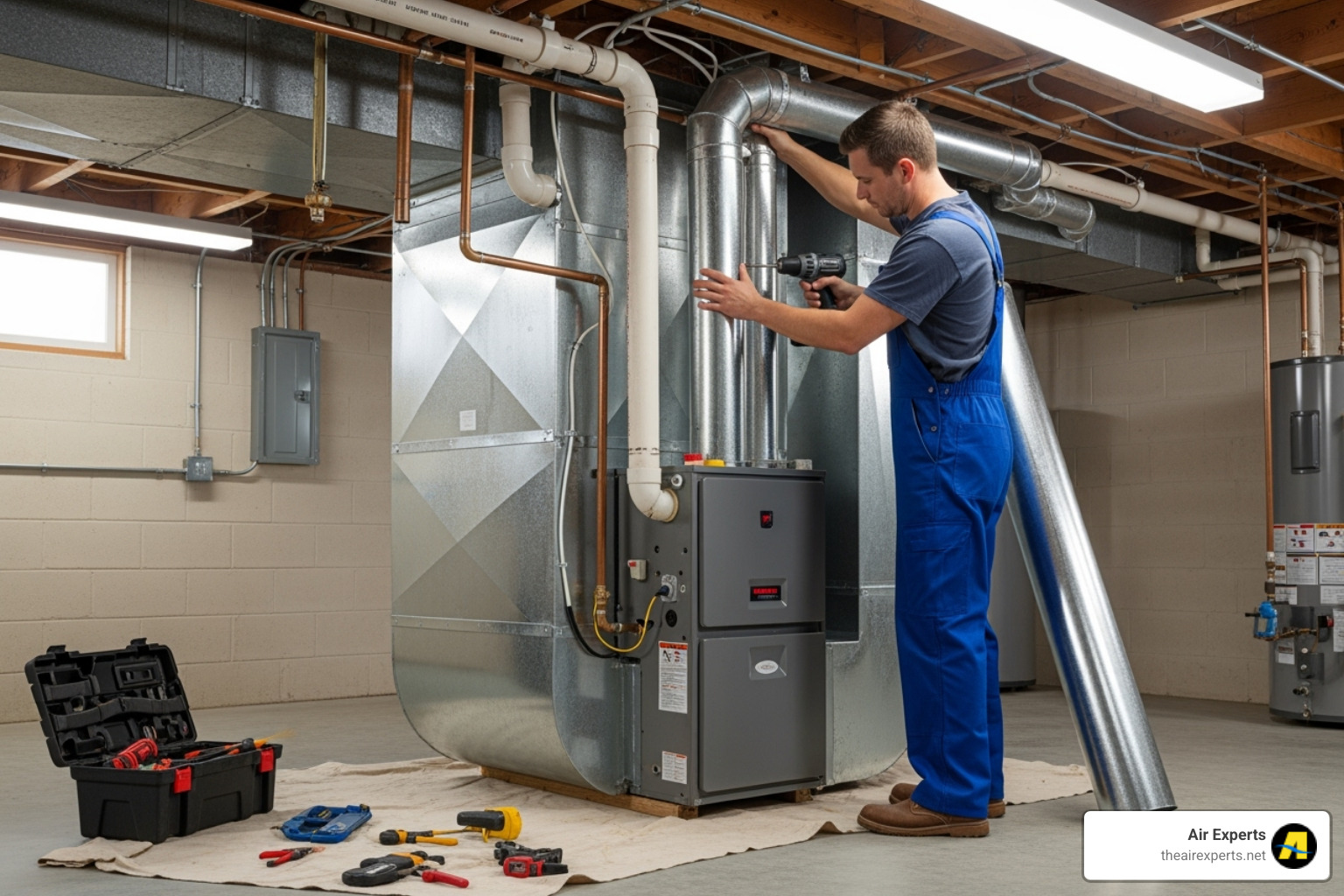
.svg)
.svg)




.svg)
.svg)
